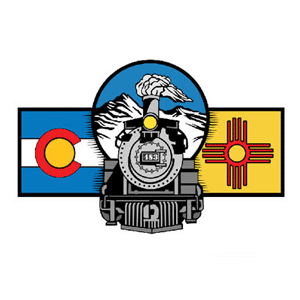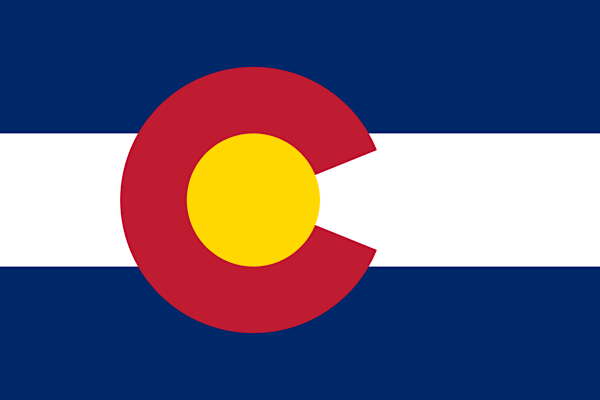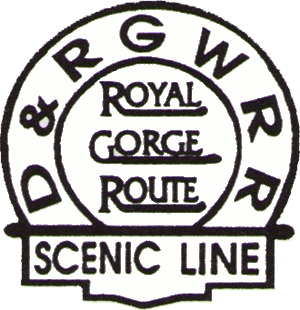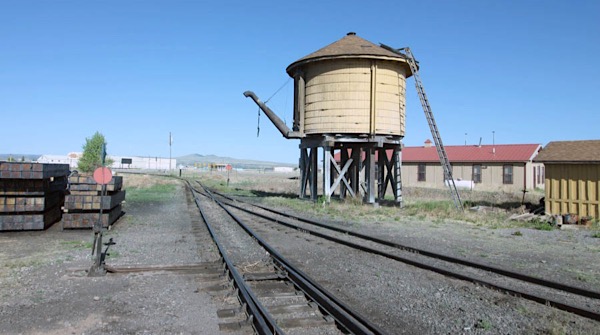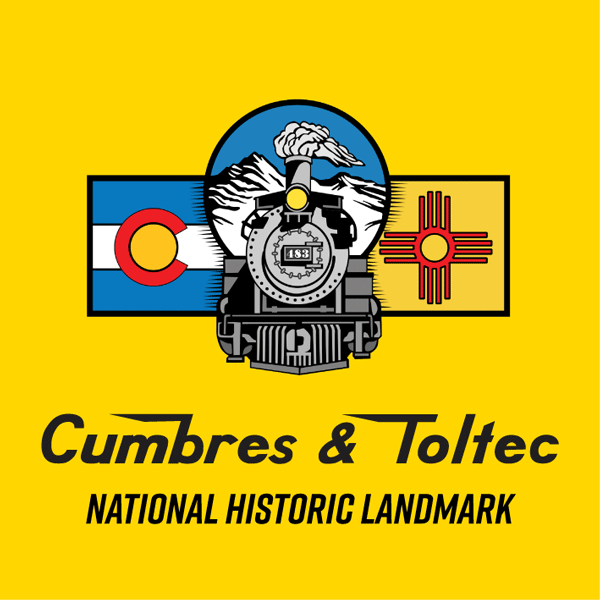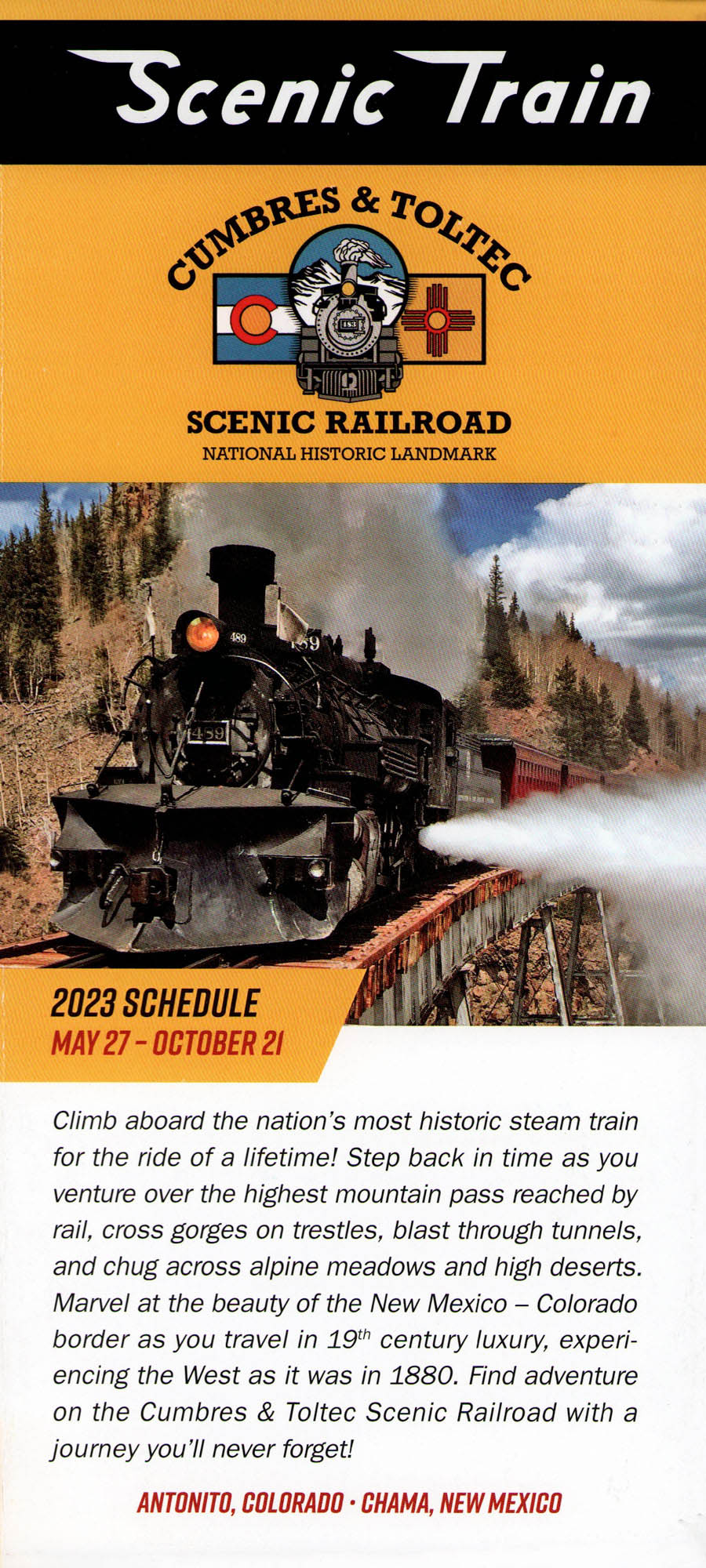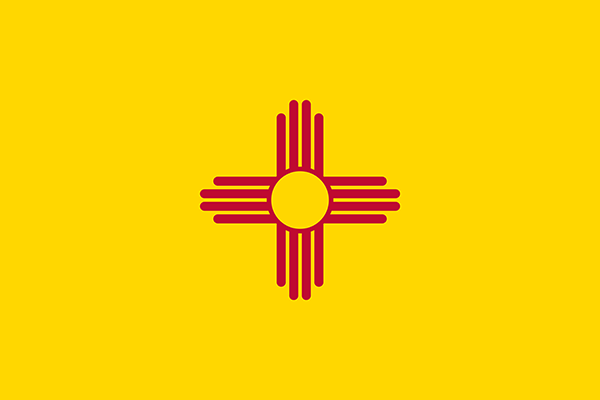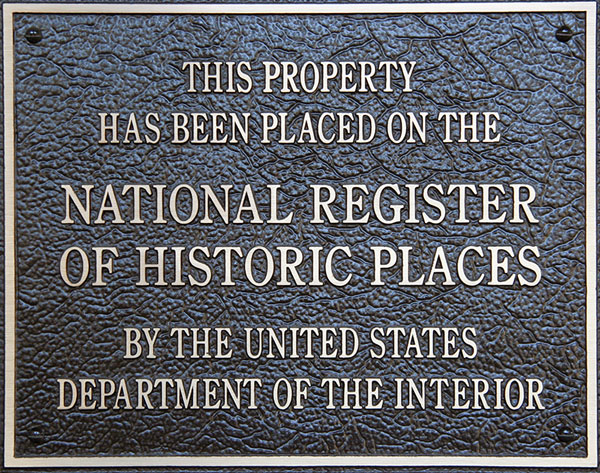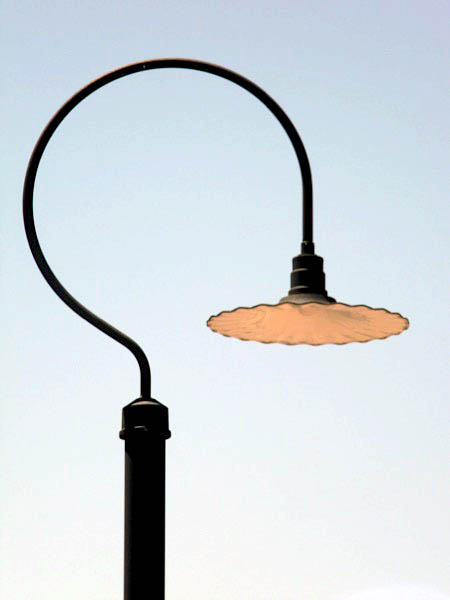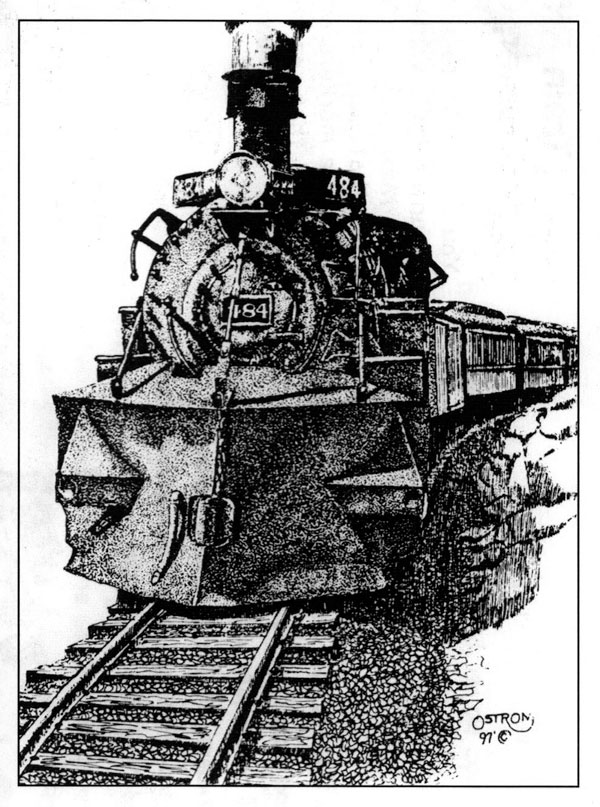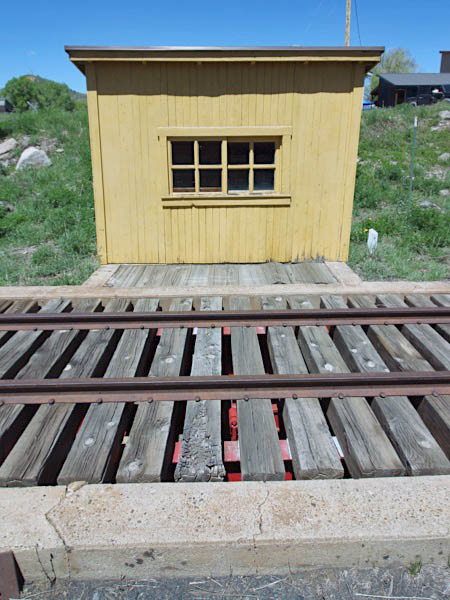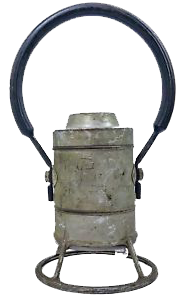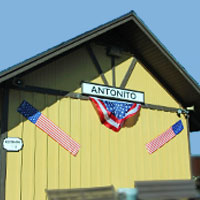 |
Cumbres & Toltec Scenic Terminals / Depots / Shops |
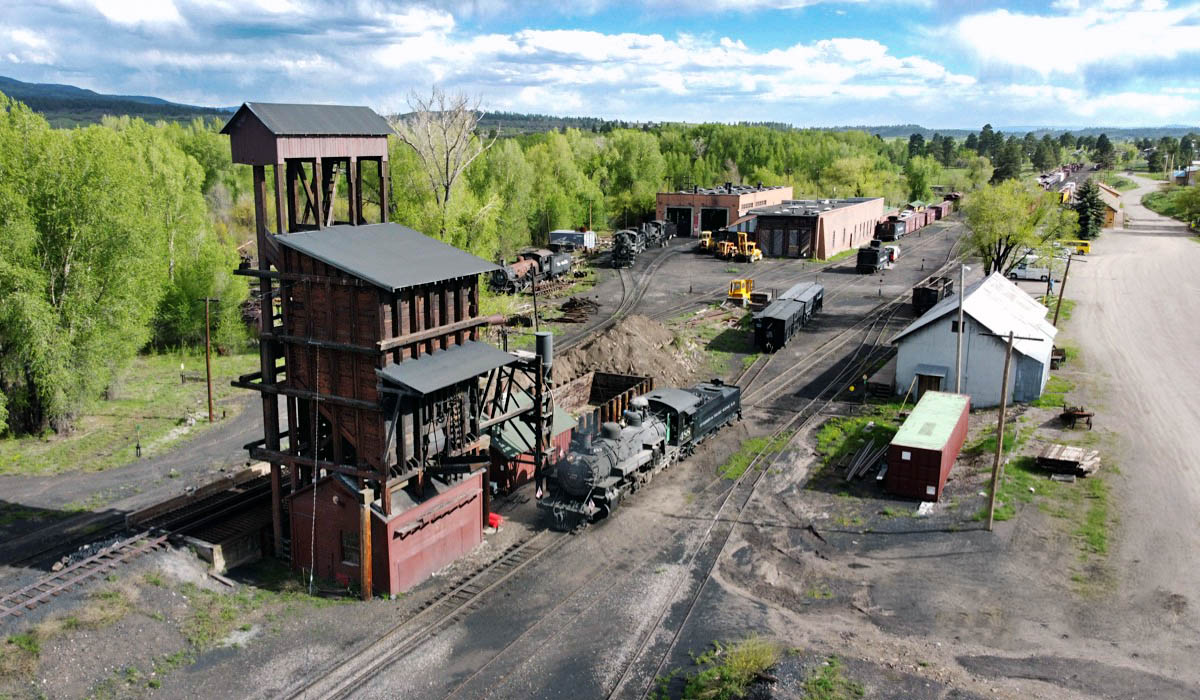
Chama, NM / May 2023 / RWH
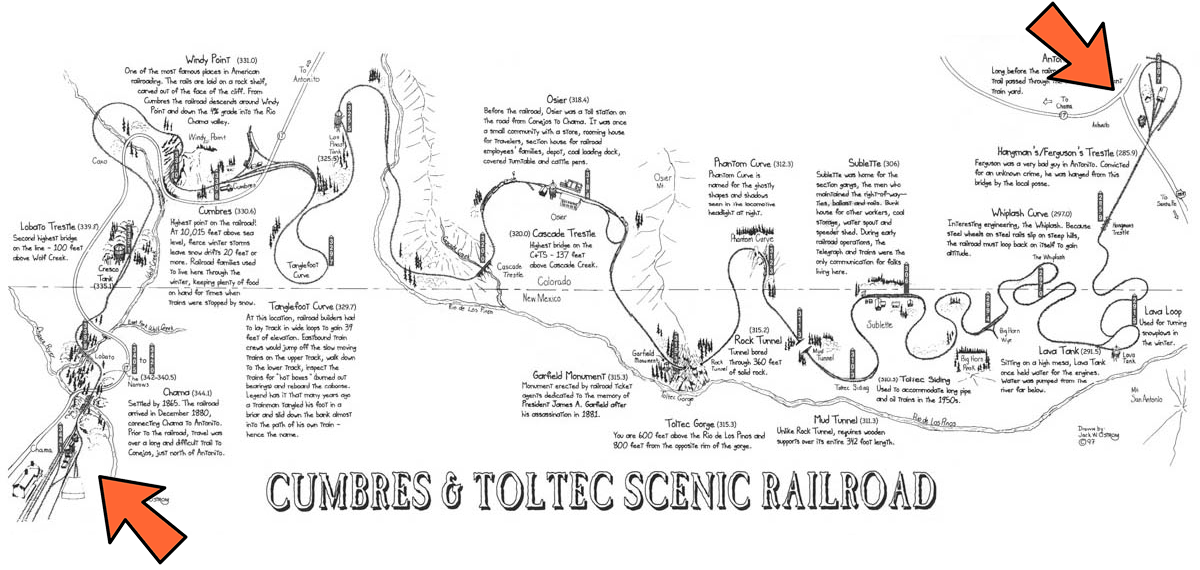
terminals map / adapted RWH
 Antonito, CO
Antonito, CO
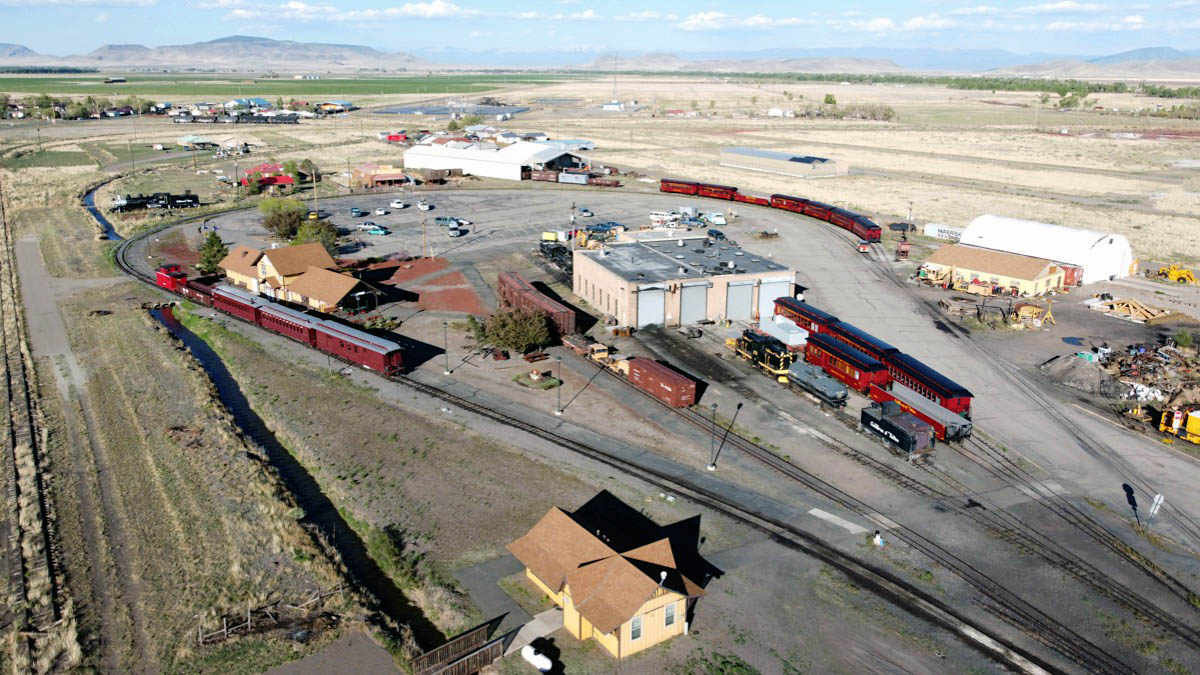
Antonito, Co / May 2023 / RWH
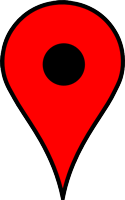
Click to see the Antonito narrow gauge terminal plotted on a Google Maps page
Antonito (MP 280.70) is a small company town of the former railroad main line. It began life as a sheep herding camp known as San Antonio Junction, referring to its proximity to the Conejos and San Antonio rivers. When the Denver & Rio Grande Railroad built its line south from Alamosa, the town was renamed Antonito and became an important town on the railroad line. The town was incorporated in 1889. It is home to the Cumbres & Toltec Scenic Railroad car shop, a water tank and other relics. Most of the facilities were built by the C&TSR, since the original rail yard, wye, and station were not sold to the states of Colorado and New Mexico.

Antonito, Co / May 2023 / RWH
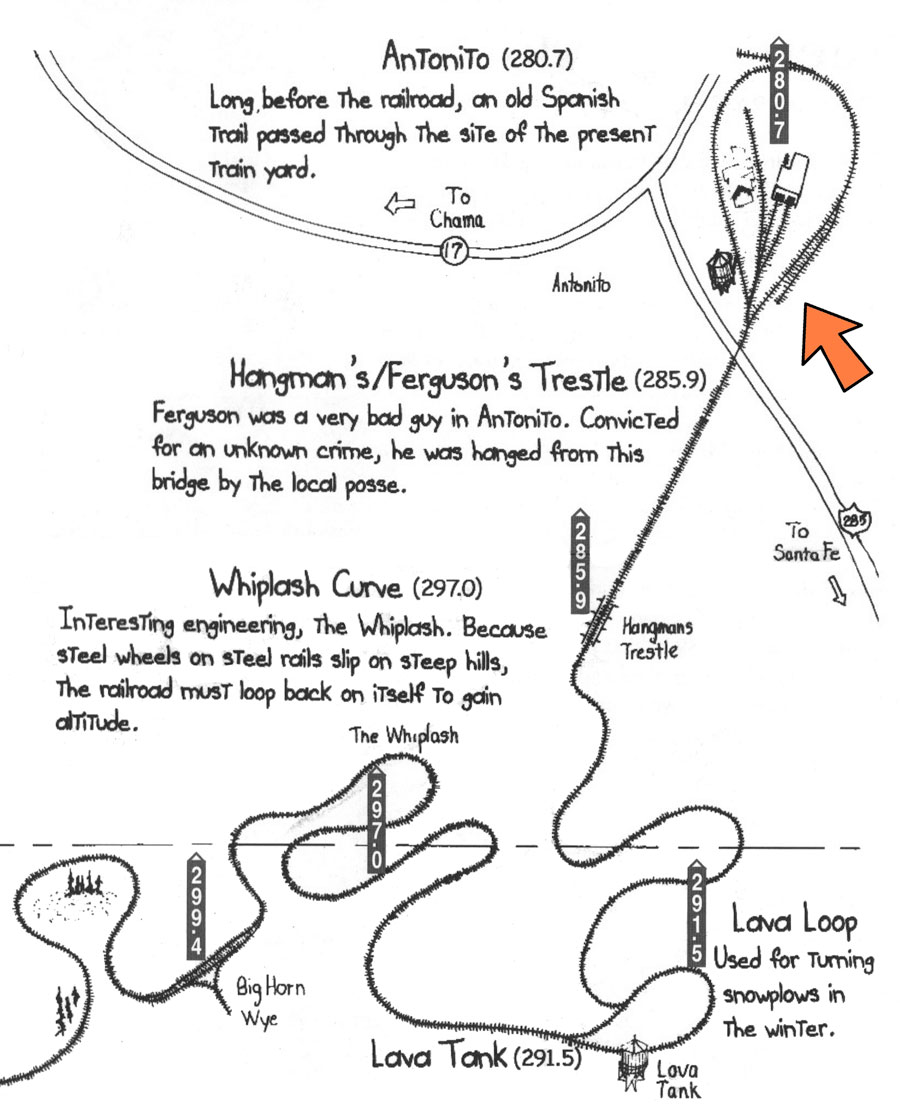
adapted RWH / collection
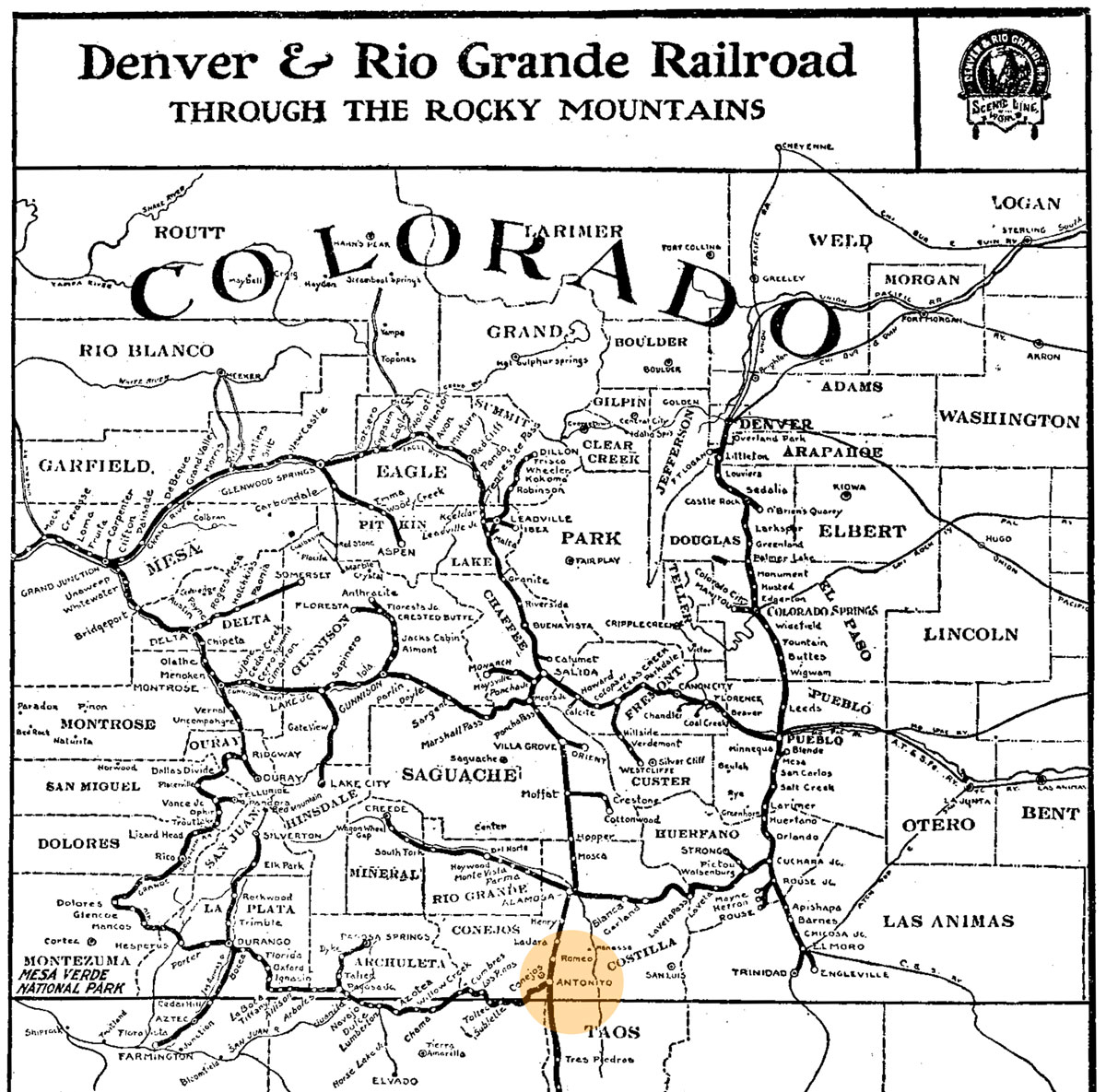
1910 Official Guide map / collection
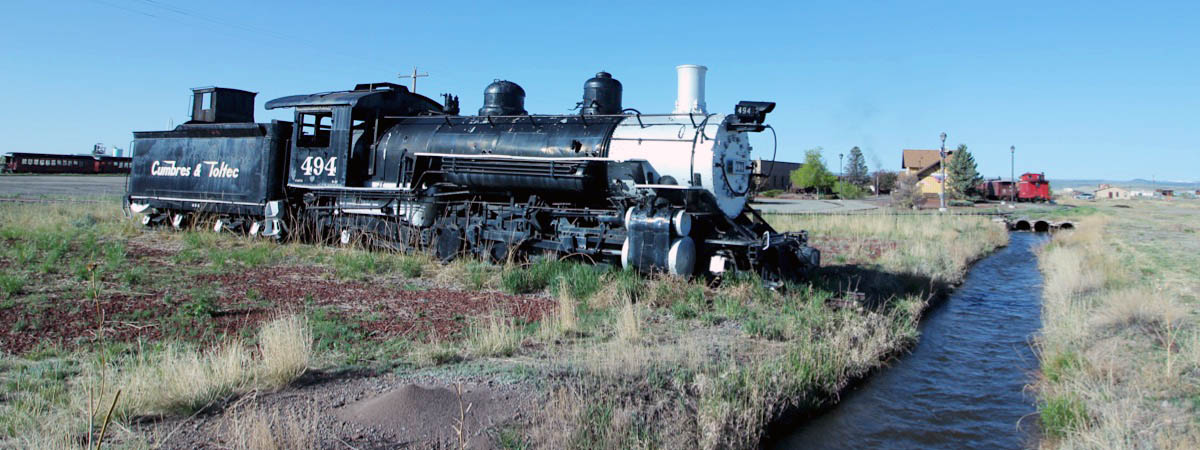
Chama, NM / May 2023 / RWH
 Depot
Depot
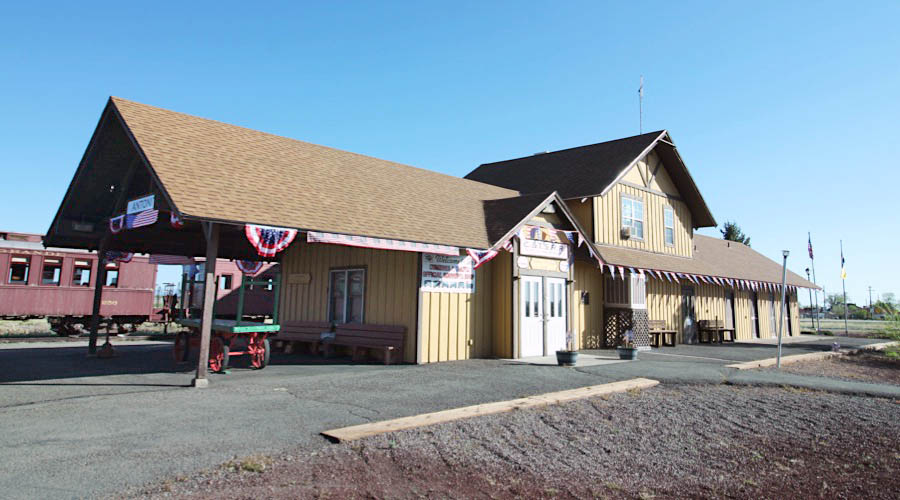
Antonito, Co / May 2023 / RWH
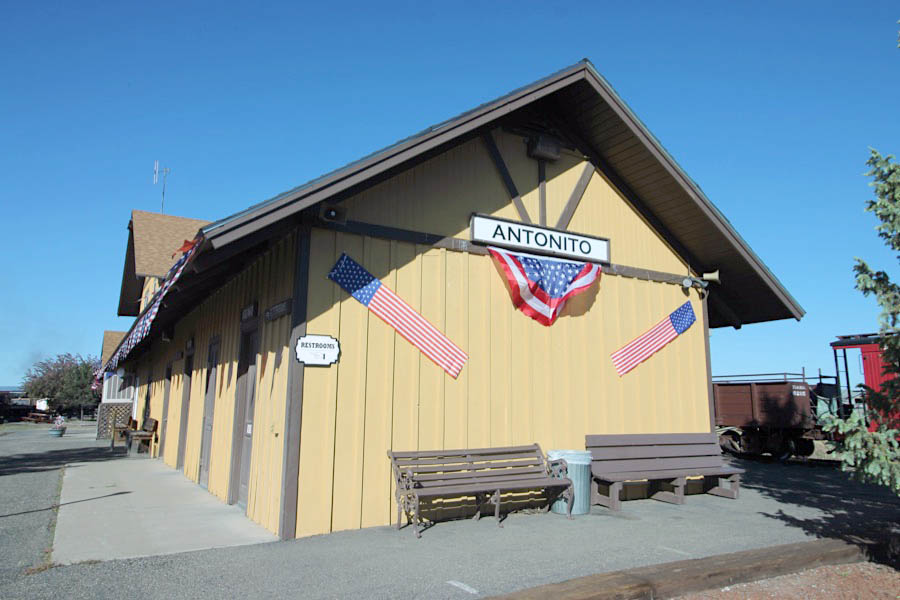
Antonito, Co / May 2023 / RWH
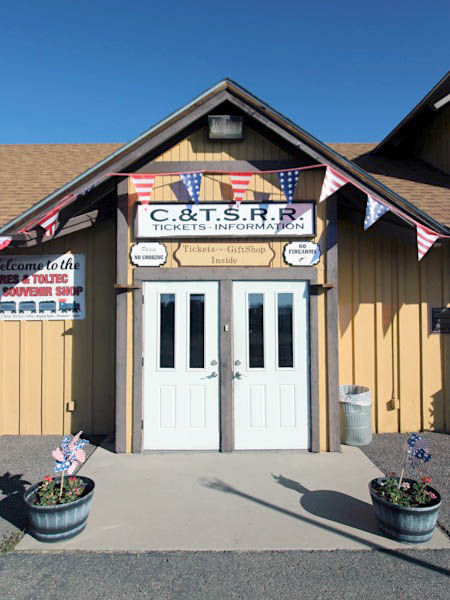
May 2023 / RWH
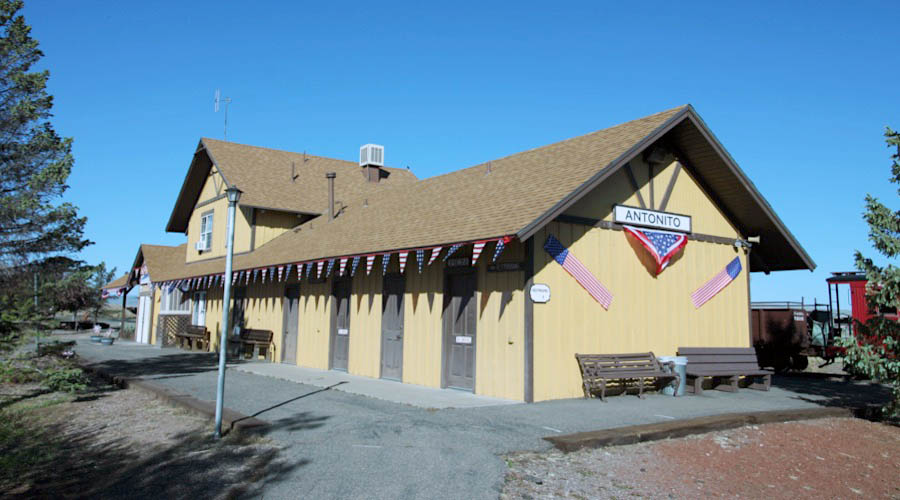
Antonito, Co / May 2023 / RWH
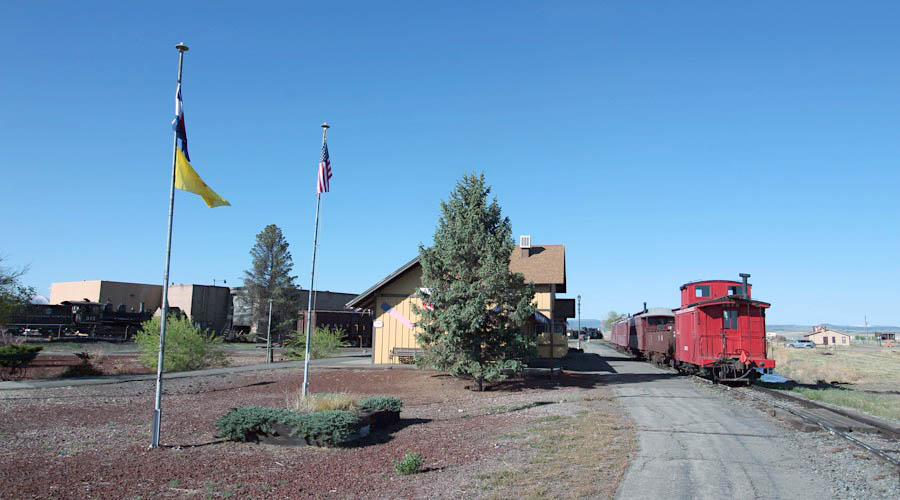
Antonito, Co / May 2023 / RWH
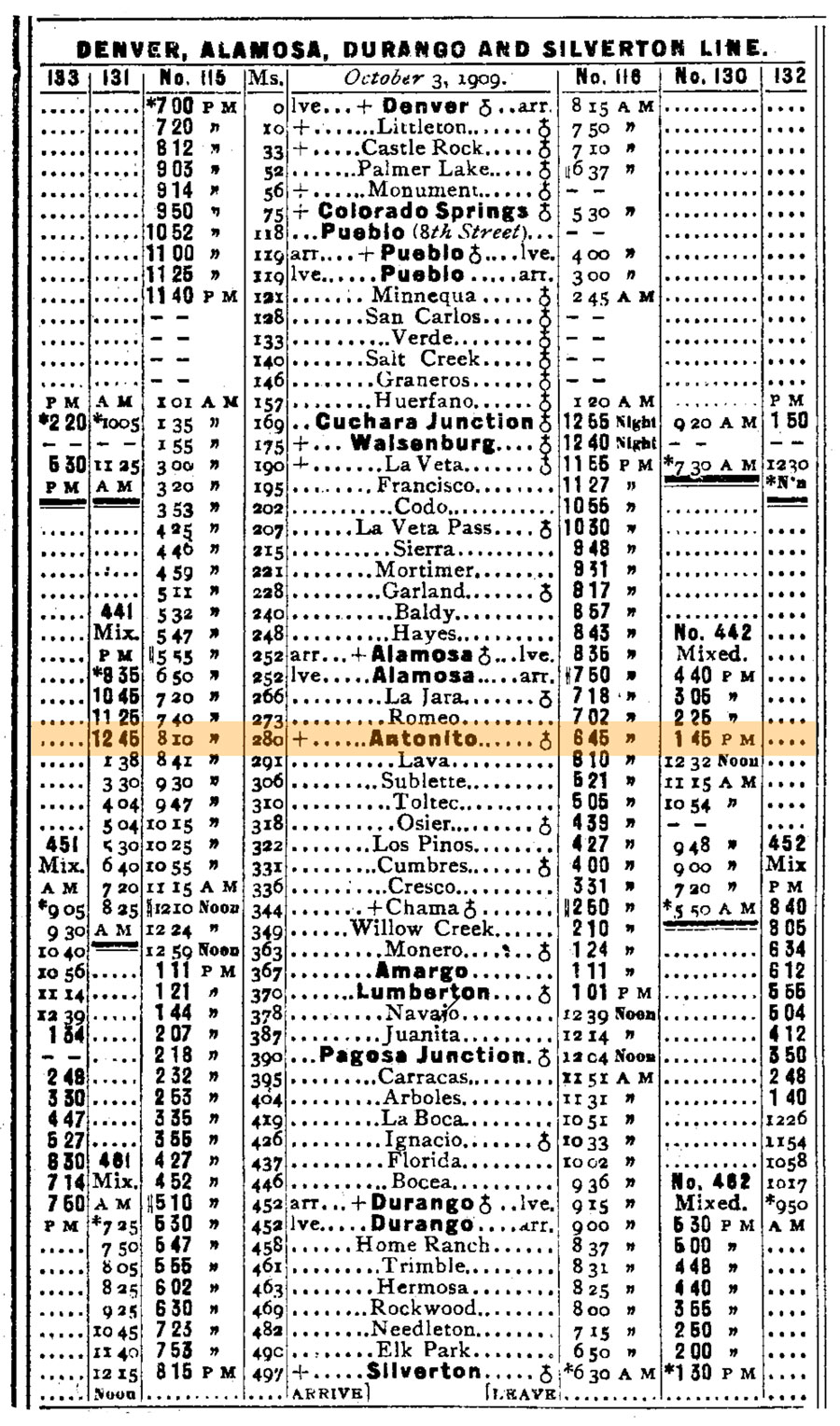
1910 Official Guide ad / collection

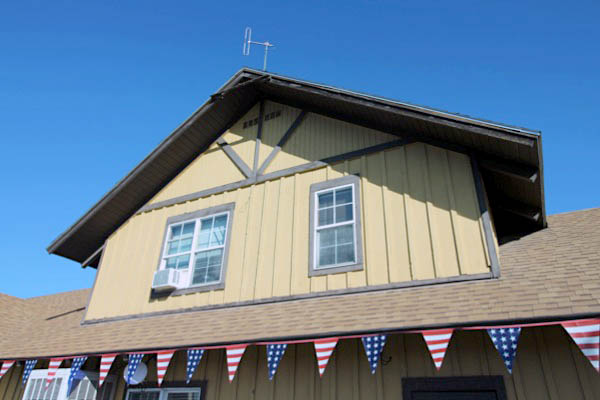
May 2023 / RWH
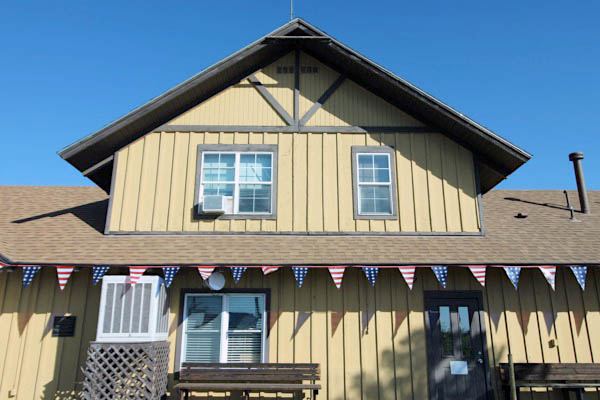
May 2023 / RWH
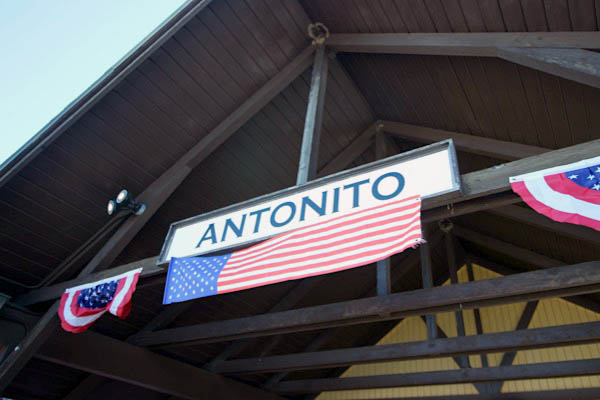
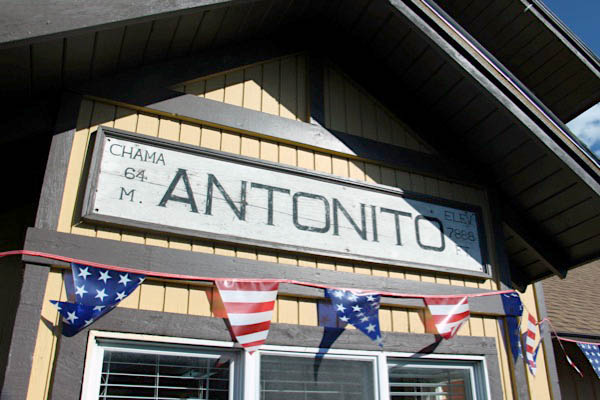
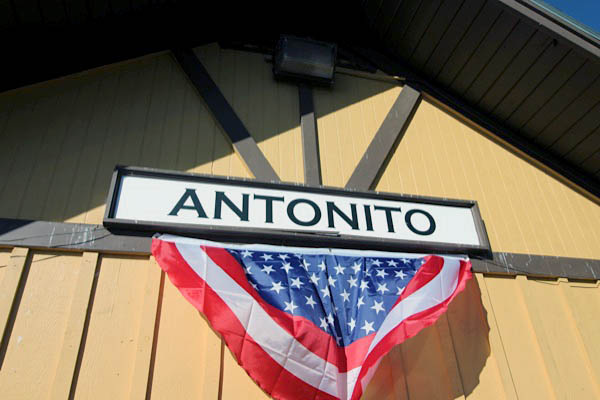
May 2023 / RWH
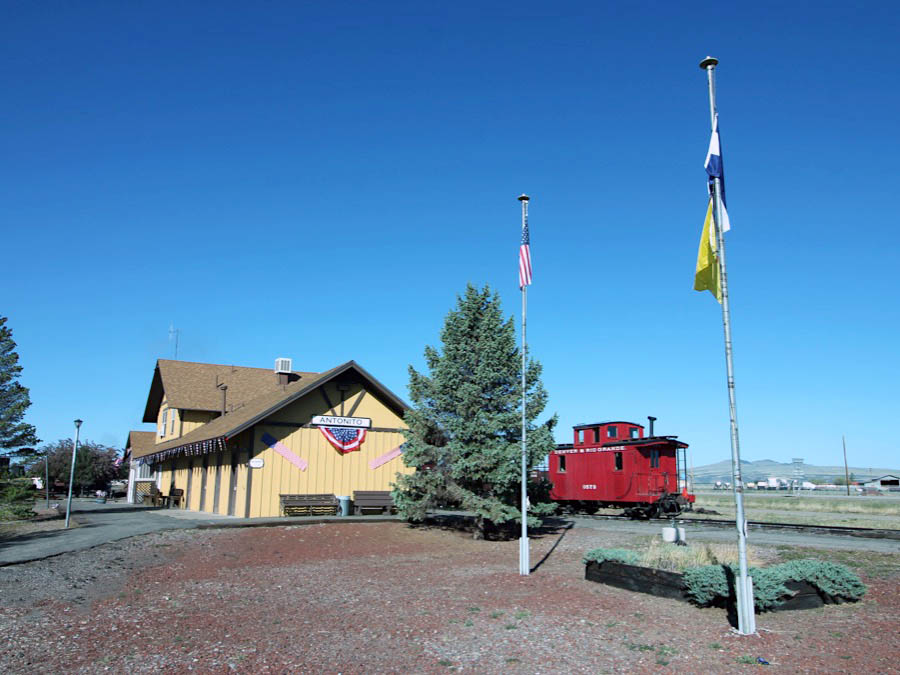
Antonito, Co / May 2023 / RWH
 Shops
Shops
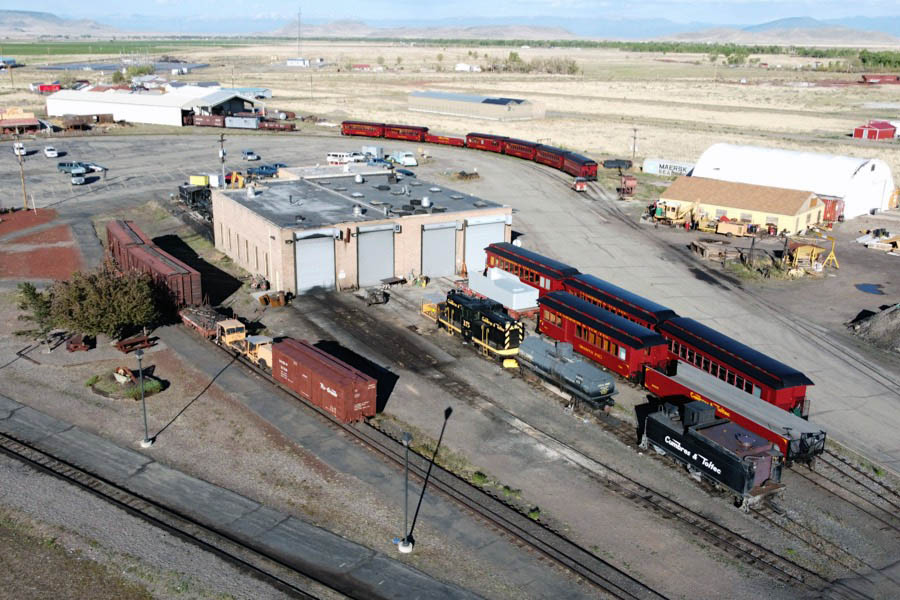
Antonito, Co / May 2023 / RWH
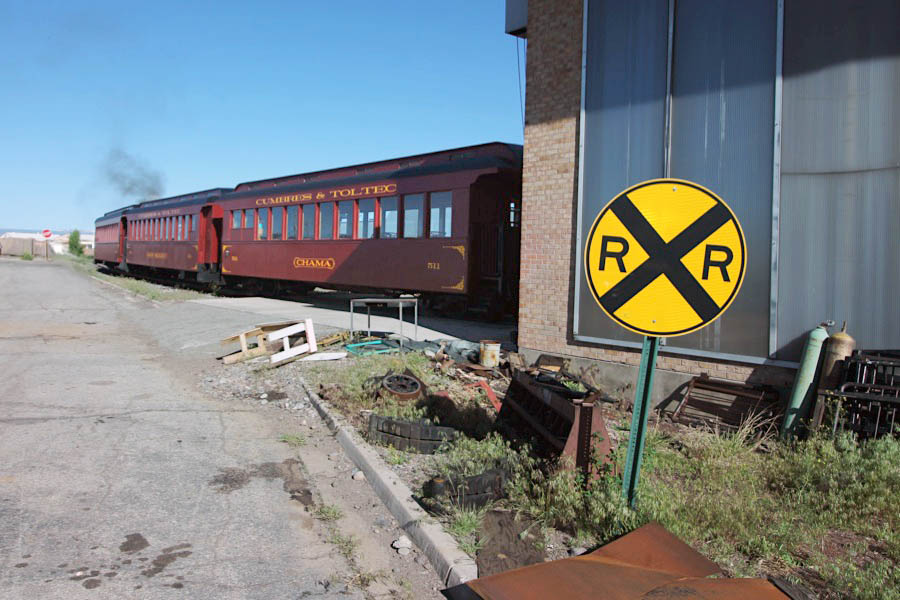
Antonito, Co / May 2023 / RWH
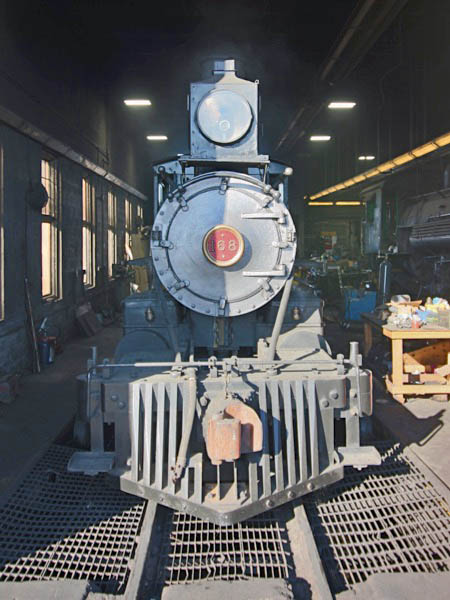
May 2023 / RWH
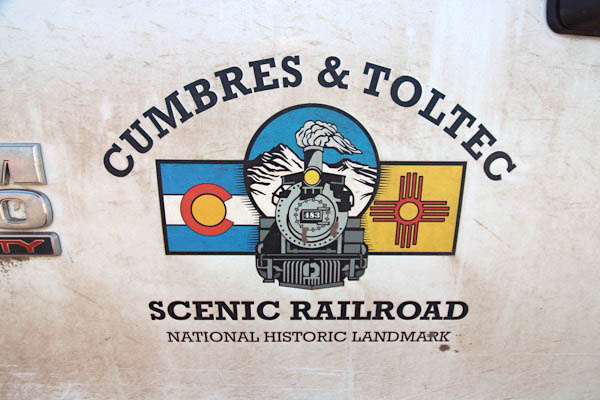
May 2023 / RWH
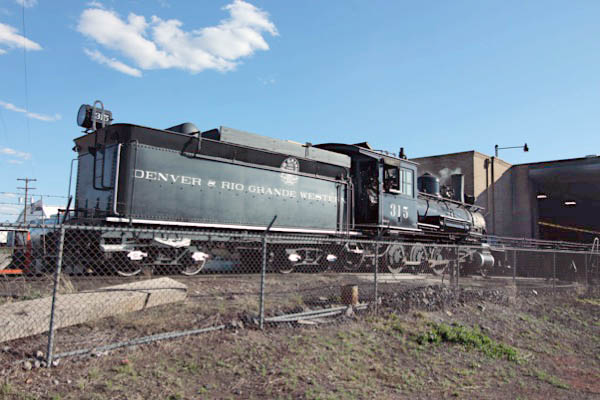
Antonito, Co / May 2023 / RWH
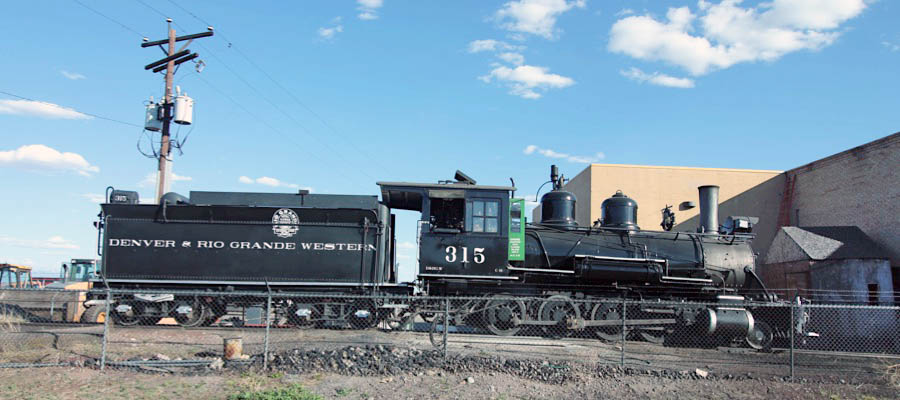
Antonito, Co / May 2023 / RWH
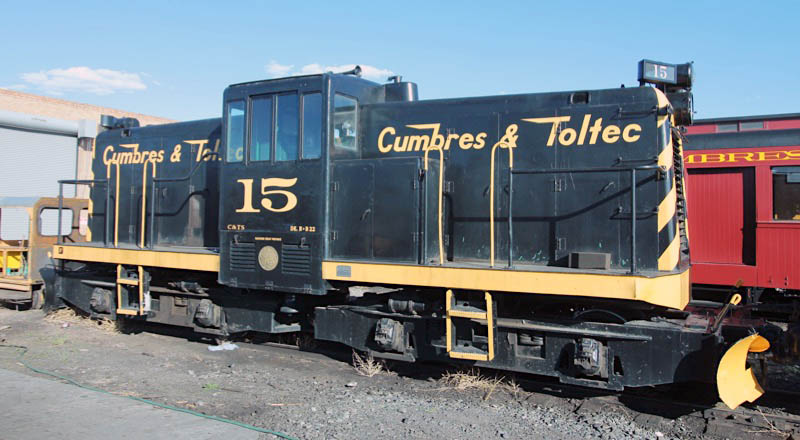
Antonito, Co / May 2023 / RWH
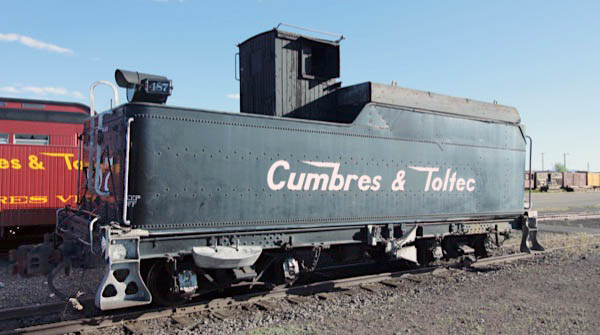
Antonito, Co / May 2023 / RWH
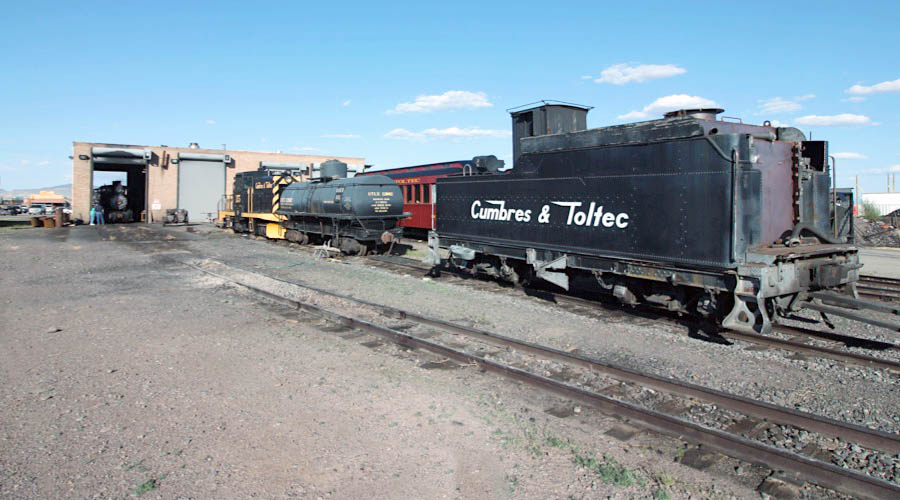
Antonito, Co / May 2023 / RWH

collection
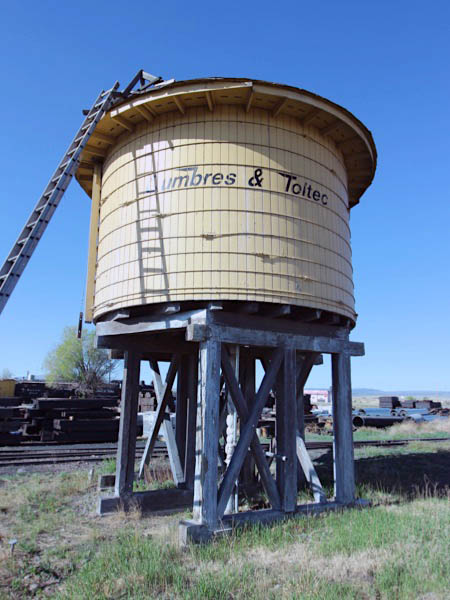
May 2023 / RWH
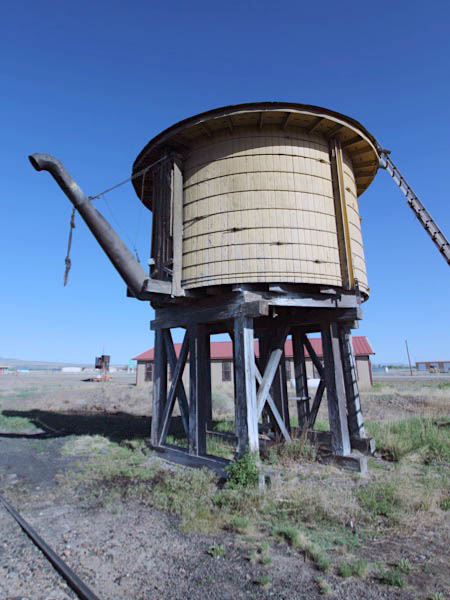
May 2023 / RWH
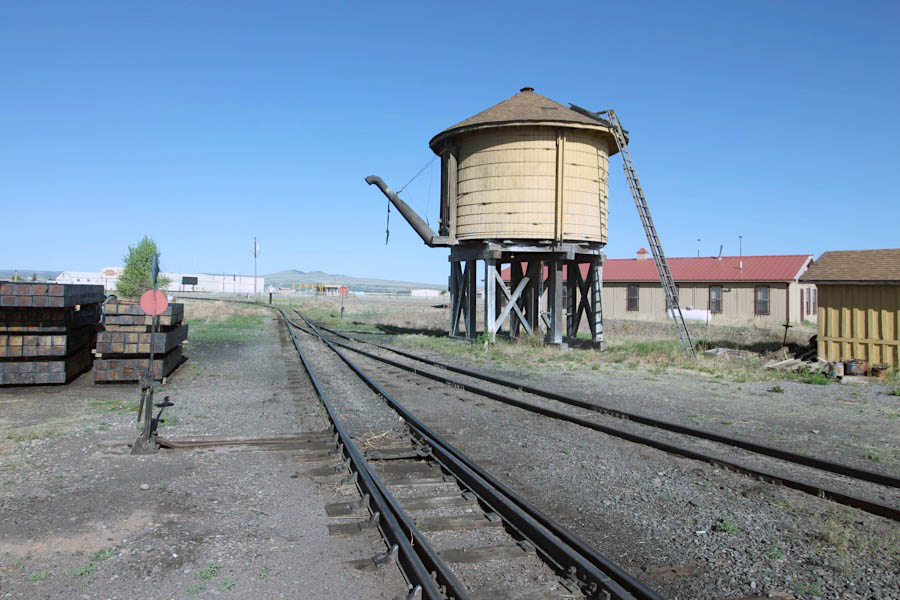
Antonito, Co / May 2023 / RWH
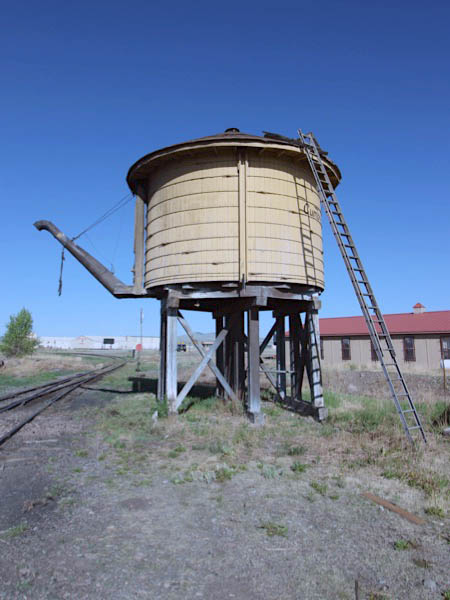
May 2023 / RWH
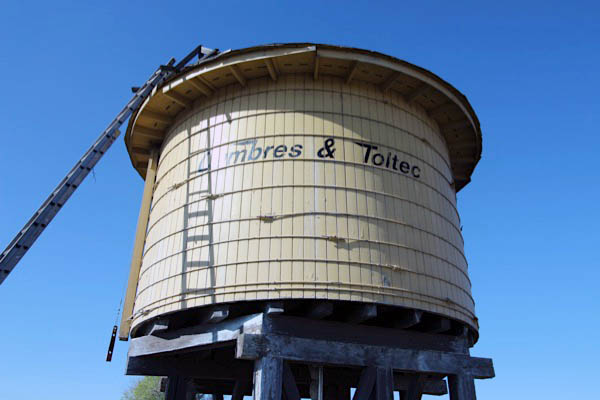
May 2023 / RWH
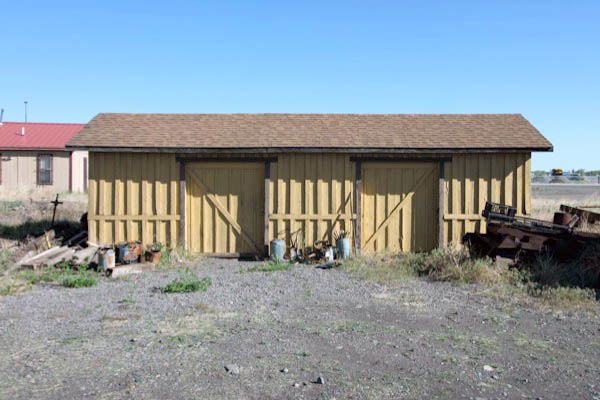
Antonito, Co / May 2023 / RWH
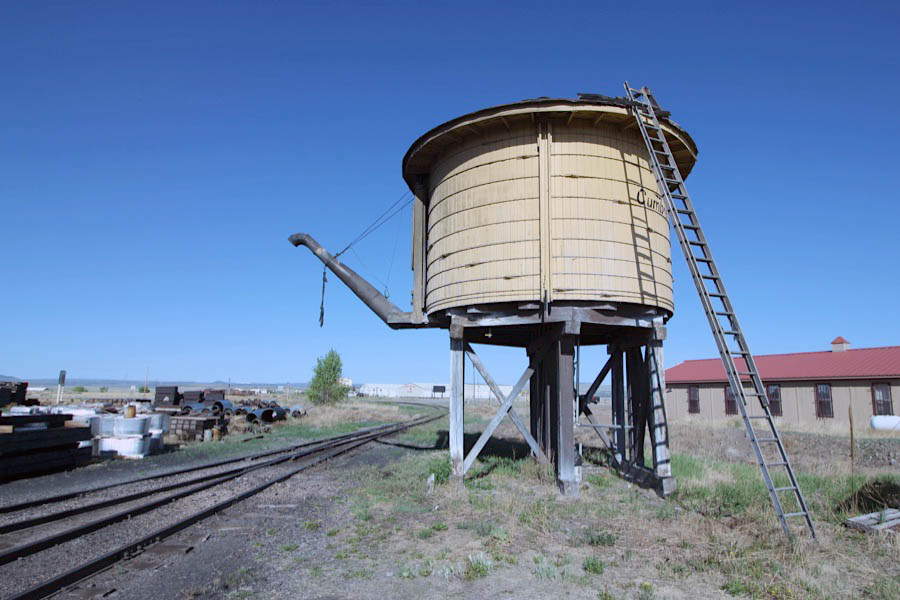
Antonito, Co / May 2023 / RWH
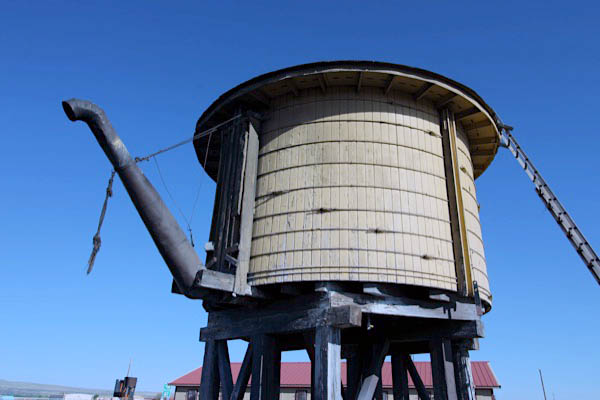
May 2023 / RWH
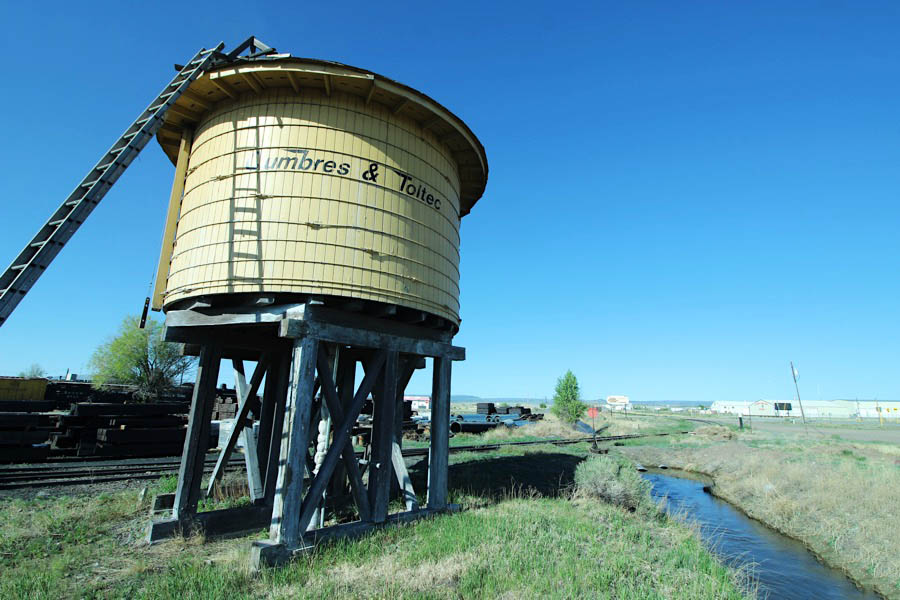
Antonito, Co / May 2023 / RWH
 FRIENDS Shop
FRIENDS Shop
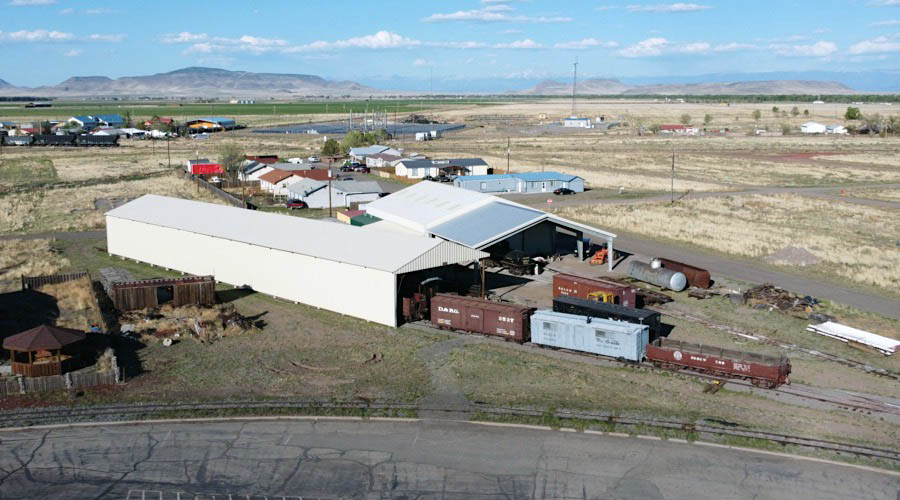
Antonito, Co / May 2023 / RWH

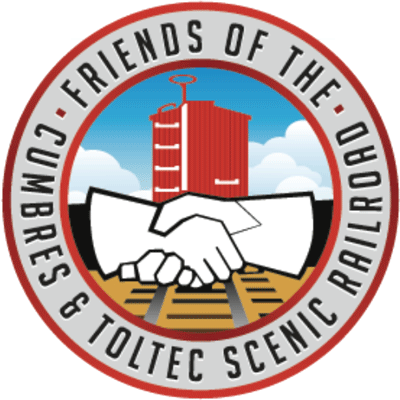
 he states of Colorado and New Mexico jointly purchased 64 miles of the Denver & Rio Grande Western (D&RGW) narrow-gauge railroad between Antonito, CO and Chama, NM in 1970, acquiring a large collection of historic buildings and rolling stock as a result. When the two states combined efforts to launch the Cumbres & Toltec Scenic Railroad in 1971, they turned day-to-day operations, including upkeep of equipment and track, over to a contracted operator. The contractor’s responsibilities, however, did not include maintenance of the unused equipment, rolling stock and historic buildings, nor the interpretation of the history of the railroad to the visiting public.
he states of Colorado and New Mexico jointly purchased 64 miles of the Denver & Rio Grande Western (D&RGW) narrow-gauge railroad between Antonito, CO and Chama, NM in 1970, acquiring a large collection of historic buildings and rolling stock as a result. When the two states combined efforts to launch the Cumbres & Toltec Scenic Railroad in 1971, they turned day-to-day operations, including upkeep of equipment and track, over to a contracted operator. The contractor’s responsibilities, however, did not include maintenance of the unused equipment, rolling stock and historic buildings, nor the interpretation of the history of the railroad to the visiting public.
By 1980, much of the unused historic property was falling into decay. Recognizing the need to do something, Albuquerque attorney, Bill Lock, approached the railroad about establishing a volunteer preservation program. In 1981, Bill and a friend undertook their first project, an old refrigerator car body in Chama that had once served as a bunk house, performing minor carpentry repairs and repainting the car. The following year, Lock and a few more friends returned to renovate caboose No. 0503, the only caboose the C&TSRR was allowed to purchase from the Rio Grande.
Over the years, the FRIENDS have restored and returned a significant number of rolling stock to their home rails, including a rare D&RGW short refrigerator car, six double-deck sheep cars, two D&RGW passenger coaches, the Pile Driver (OB), a rotary snow plow (OY), Locomotive 463, the Pullman Tourist Sleeper 470, Cook Car 053, many drop-bottom gondolas, several freight cars and six former UTLX narrow gauge tank cars, the latter of which hauled oil between Chama, NM and a refinery in Alamosa, CO in the 1960’s. The FRIENDS have also restored buildings, including the Car Inspector House, and have maintained landscaping and signage in the yards and along the tracks.
Today, the FRIENDS of the Cumbres & Toltec Scenic Railroad, Inc., is an organization of thousands of members, many of whom serve as Volunteers, from all 50 states and several countries.

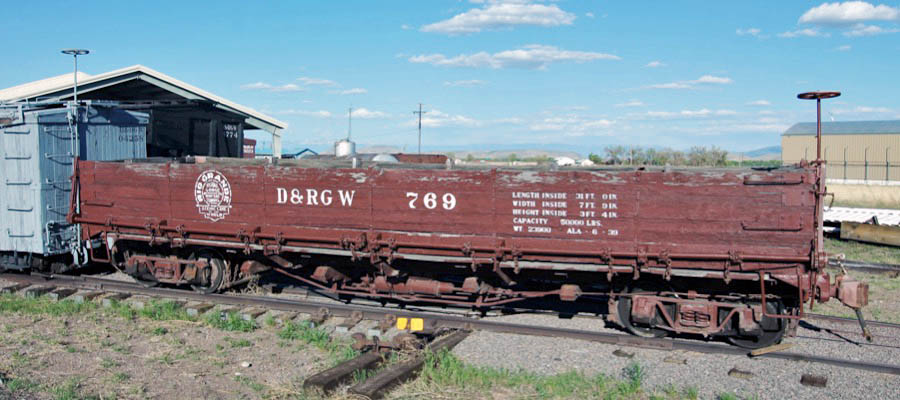
Antonito, Co / May 2023 / RWH
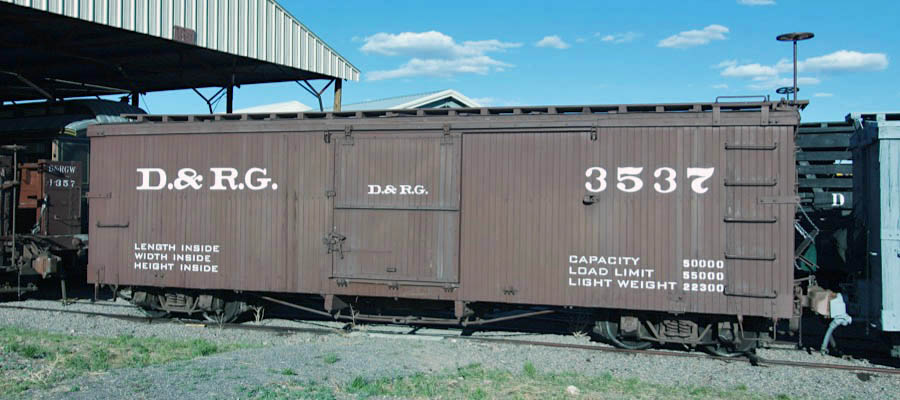
Antonito, Co / May 2023 / RWH
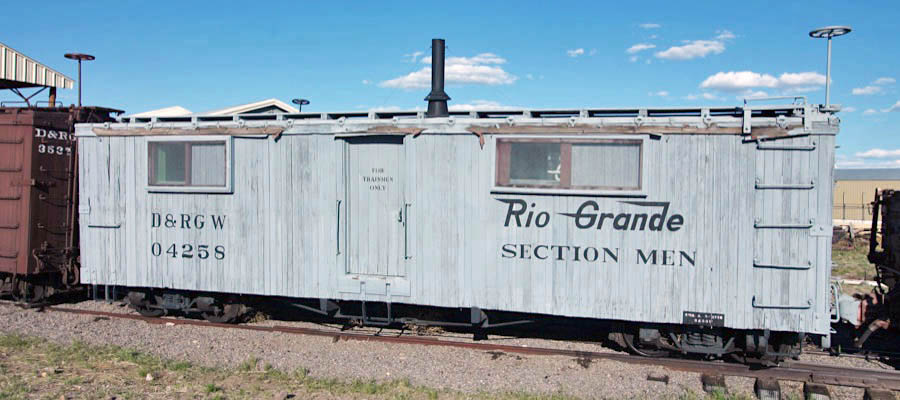
Antonito, Co / May 2023 / RWH
 Chama, NM
Chama, NM
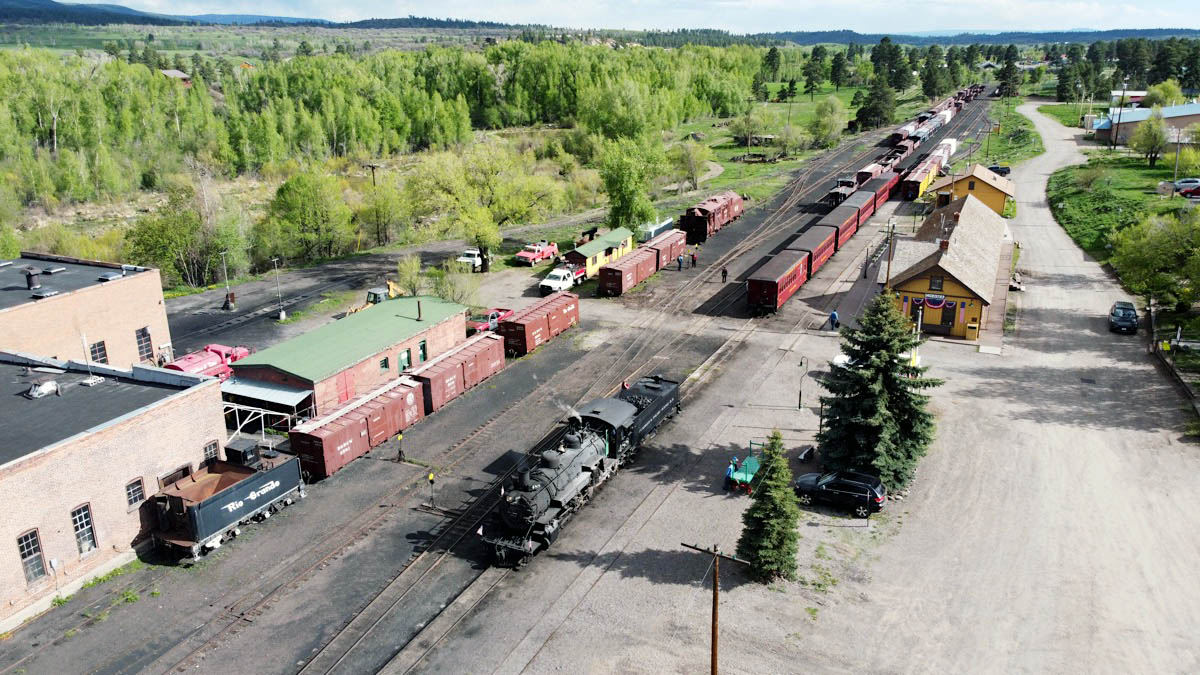
Chama, NM / May 2023 / RWH
The Chama yard is located at milepost 344.12. Here, the railroad stores most of its freight cars and both rotary snowplows, Rotary OY and Rotary OM. On the east side is part of the original roundhouse from the D&RGW. A fire burned most of the roundhouse years ago; what remains is used as storage for parts. On the far side of the old roundhouse section are the shops where the engines are serviced and prepared for the next day. The shops have two stalls and can hold two engines inside simultaneously. On the west side of the yard is the original depot from the late 1800s, where train tickets can be purchased. There is a gift shop with various items for sale. On the south end of the yard, over 100 freight cars are visible. The yard is open and can be toured by anyone. About 40 of the cars in the yard are operational.

Chama, NM / May 2023 / RWH
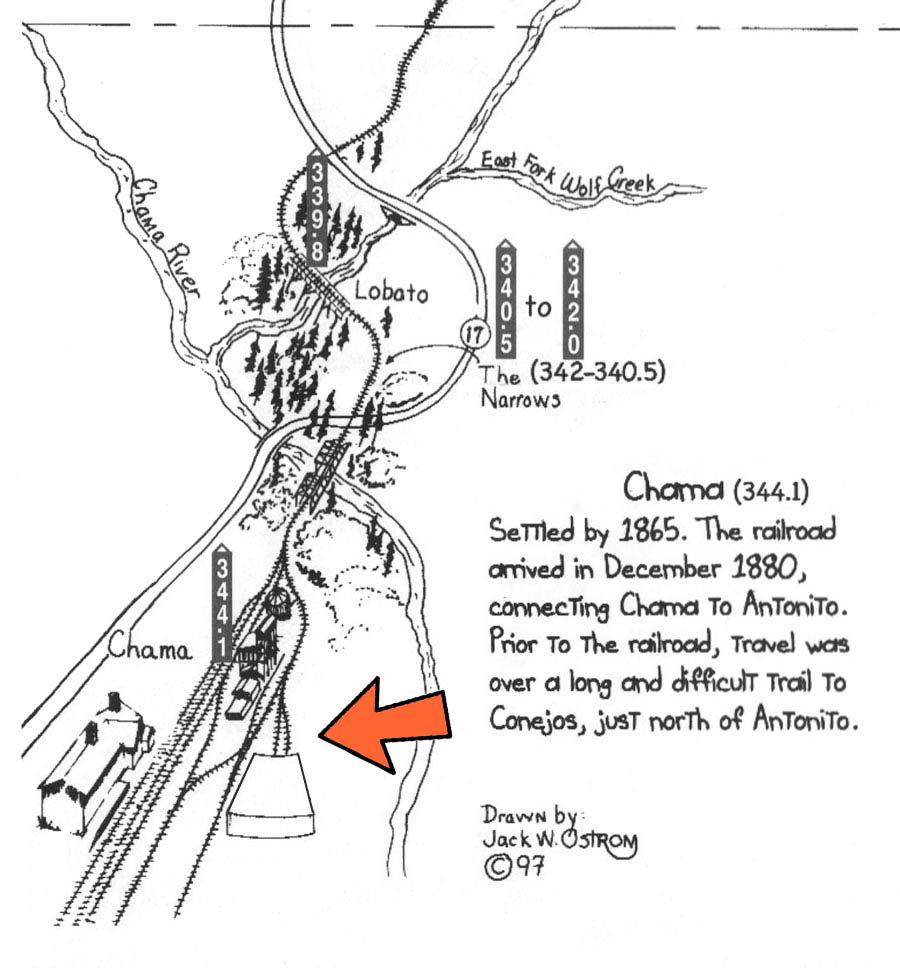
adapted RWH / collection
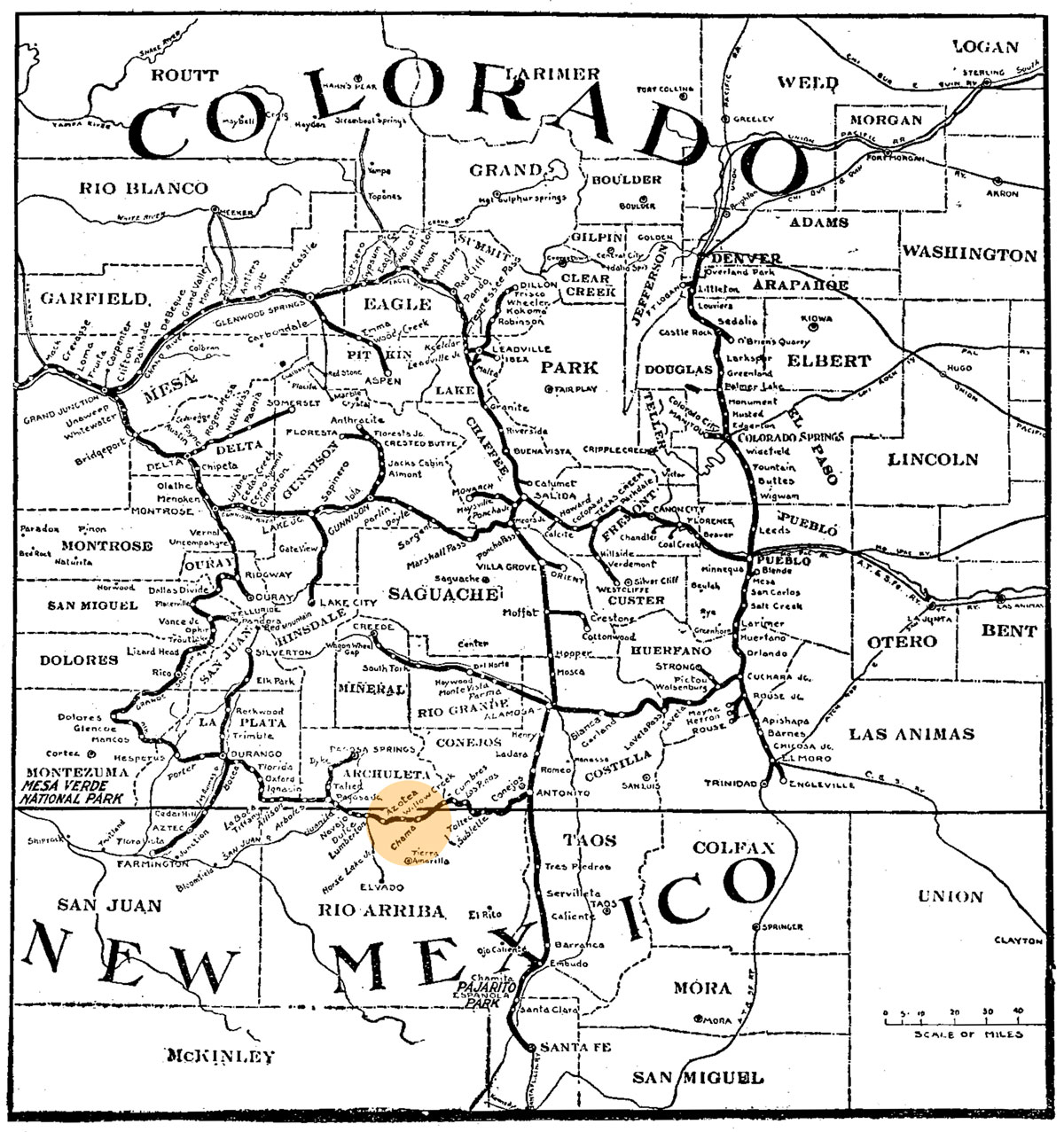
1910 Official Guide map / collection
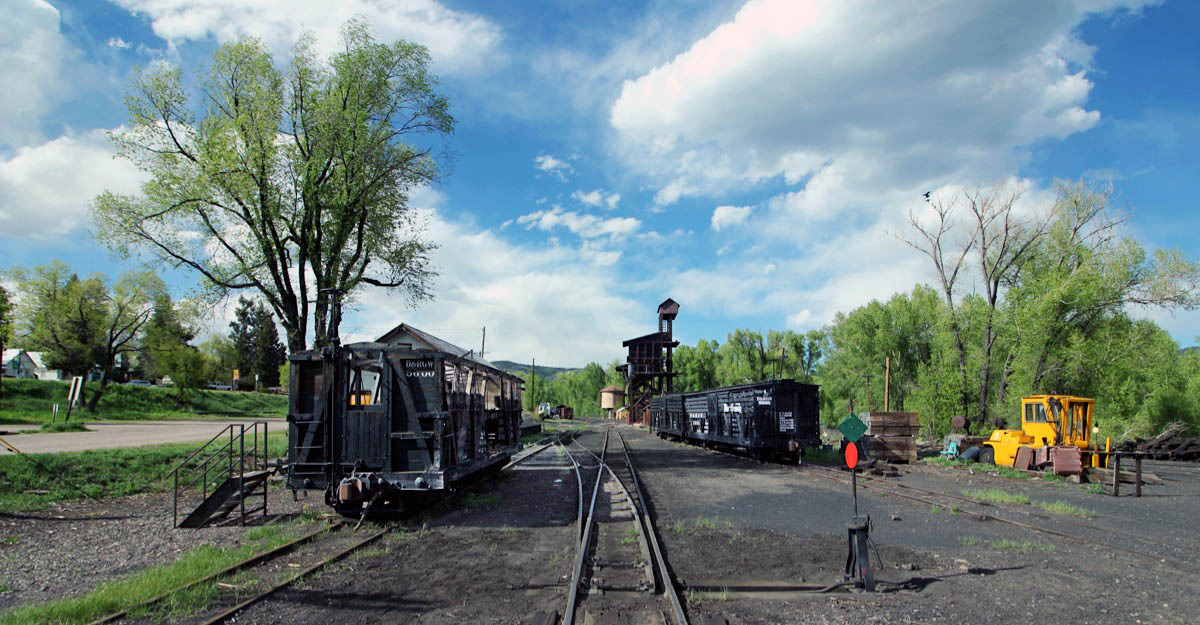
Chama, NM / May 2023 / RWH
 Depot
Depot
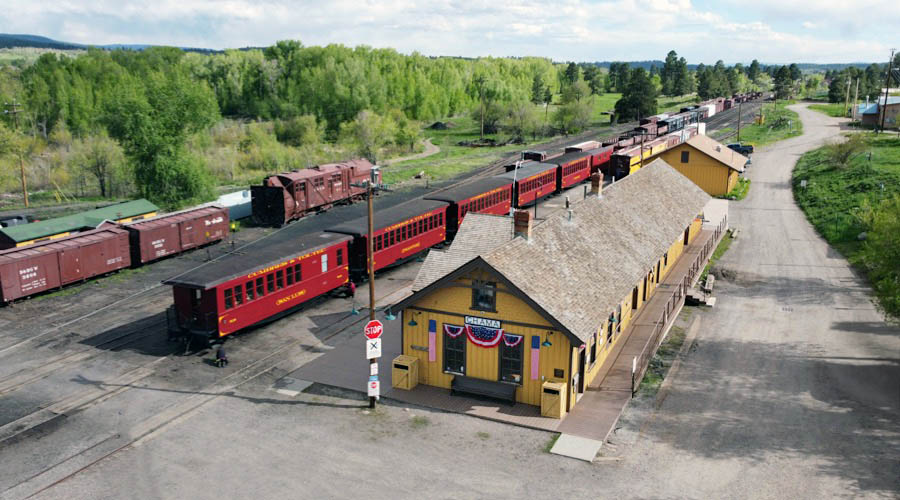
Chama, NM / May 2023 / RWH
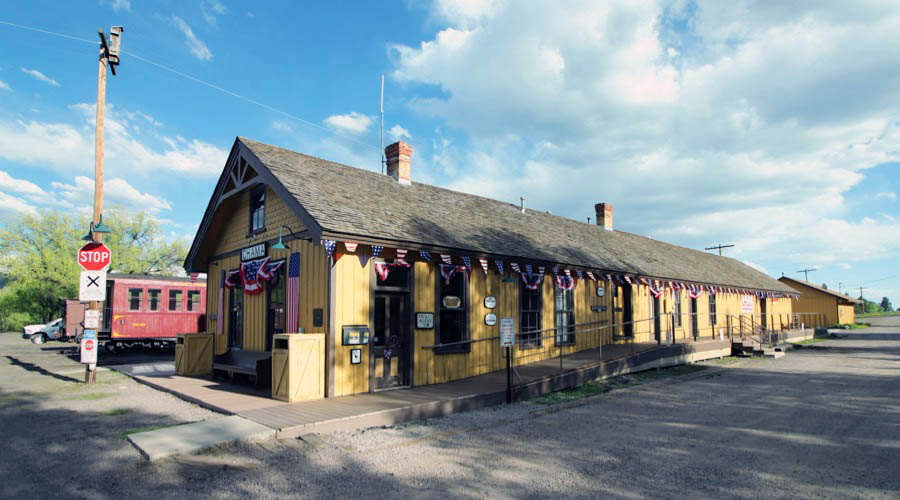
Chama, NM / May 2023 / RWH
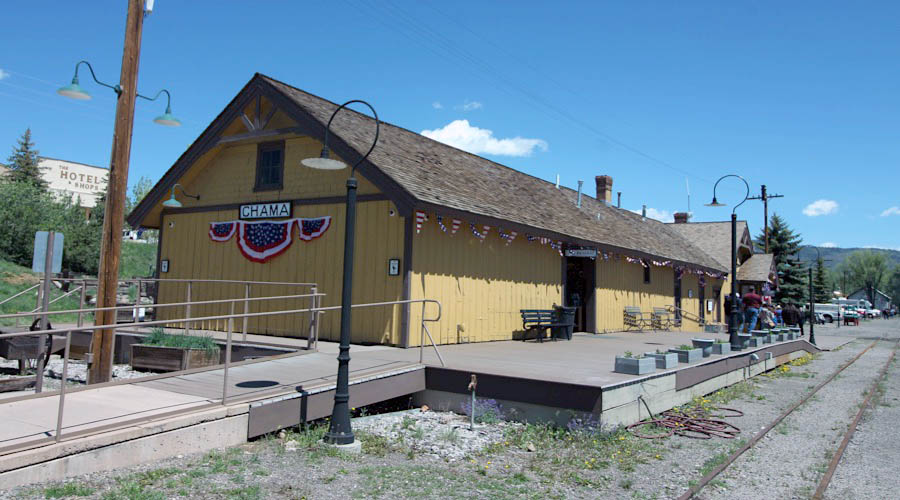
Chama, NM / May 2023 / RWH
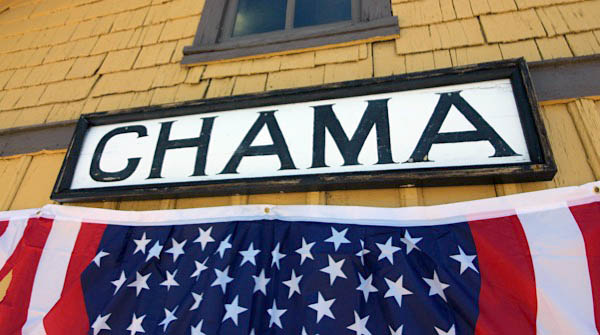
May 2023 / RWH
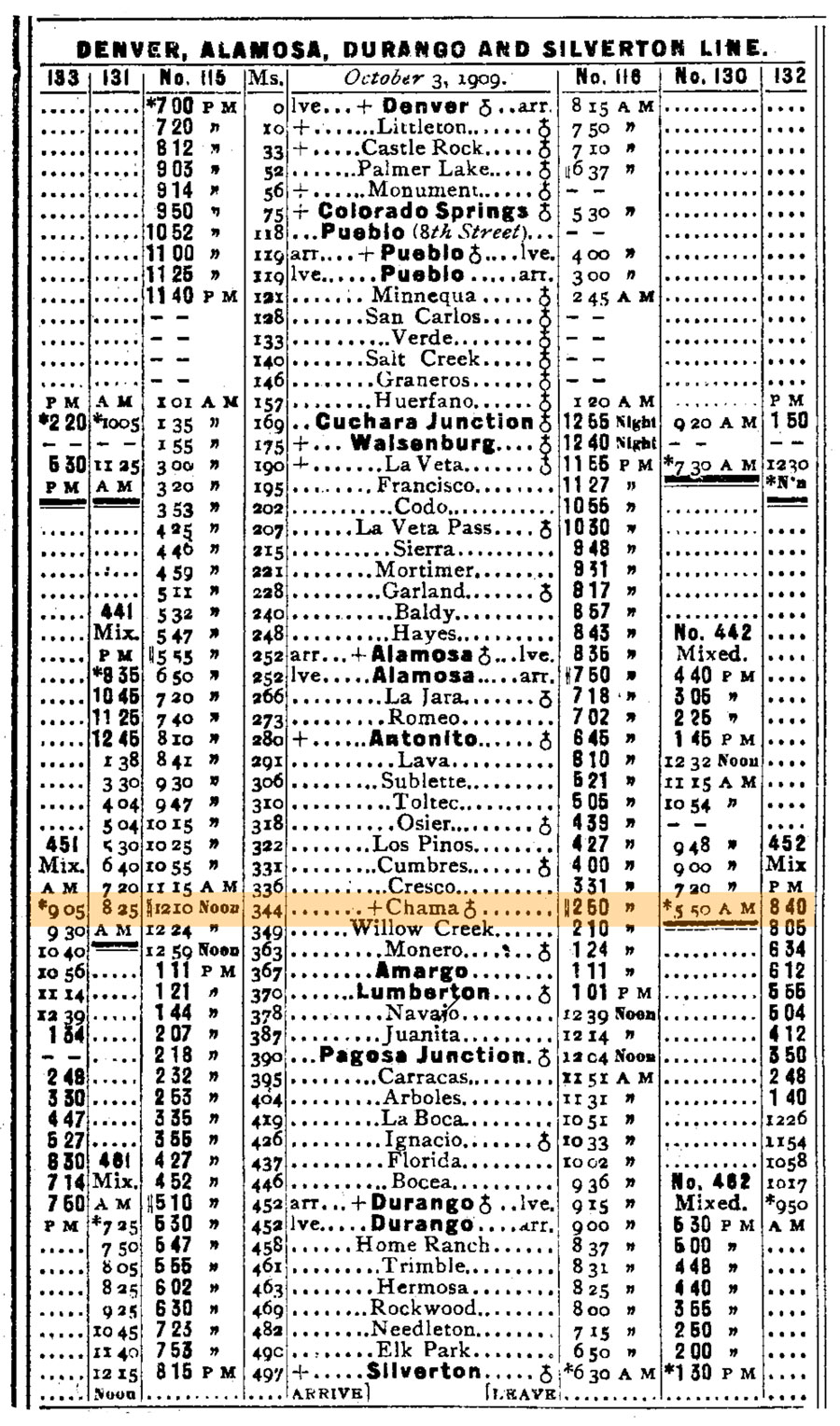
1910 Official Guide ad / collection

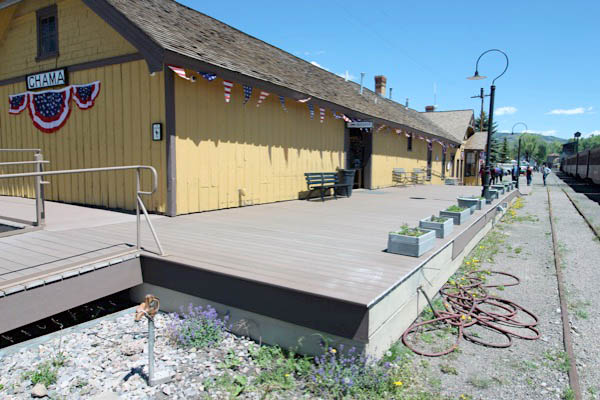
May 2023 / RWH
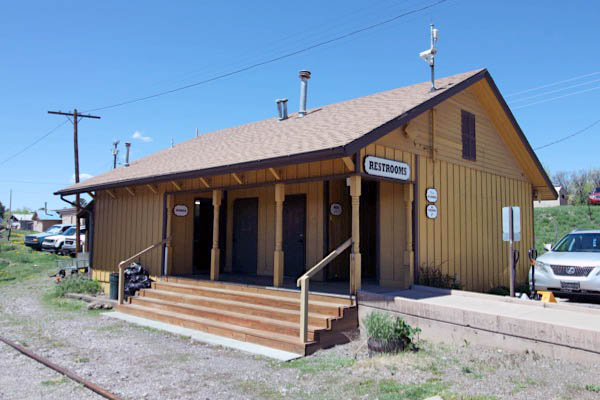
Chama, NM / May 2023 / RWH
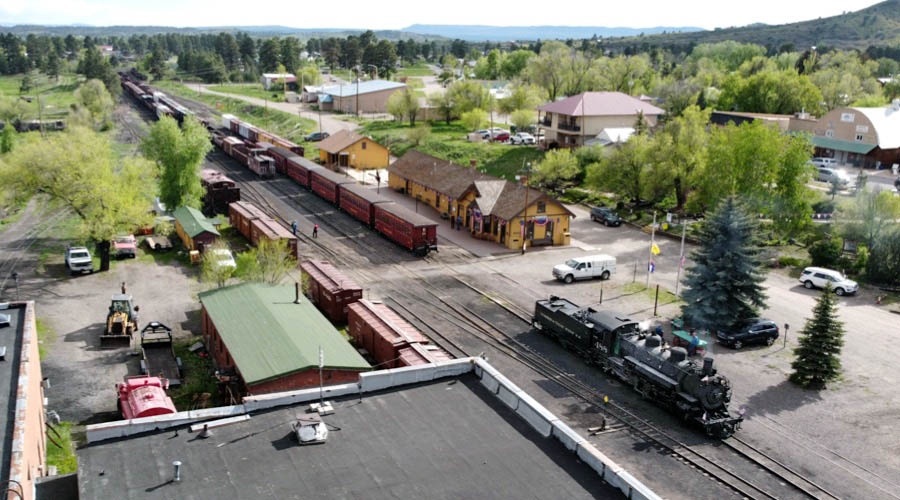
Chama, NM / May 2023 / RWH

collection
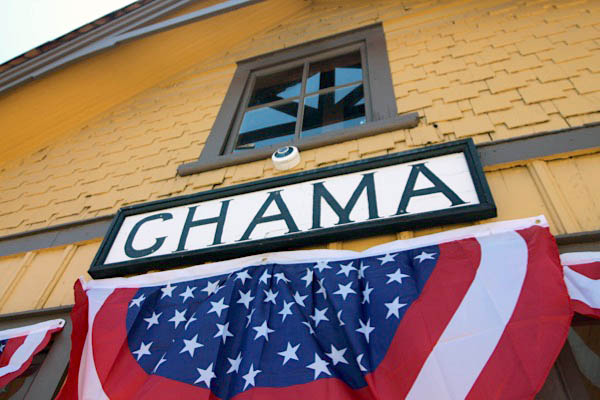
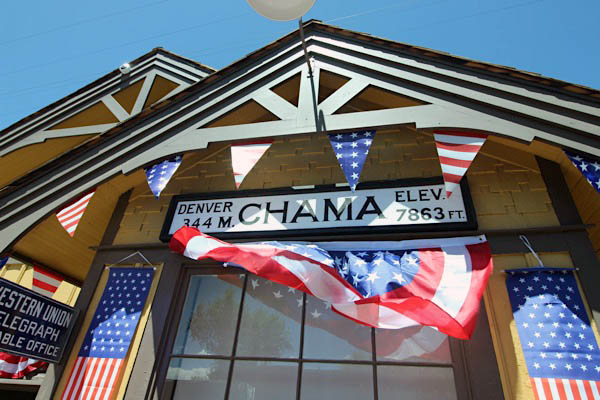
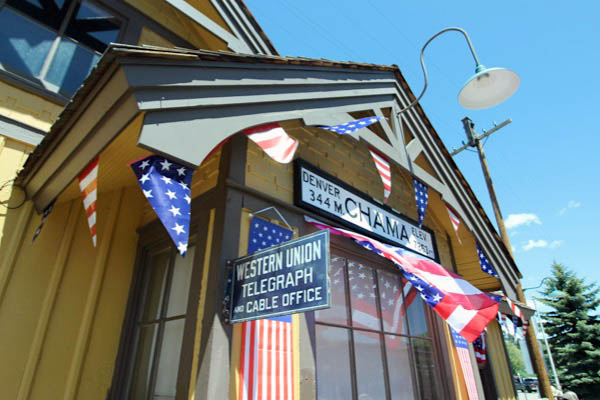
May 2023 / RWH
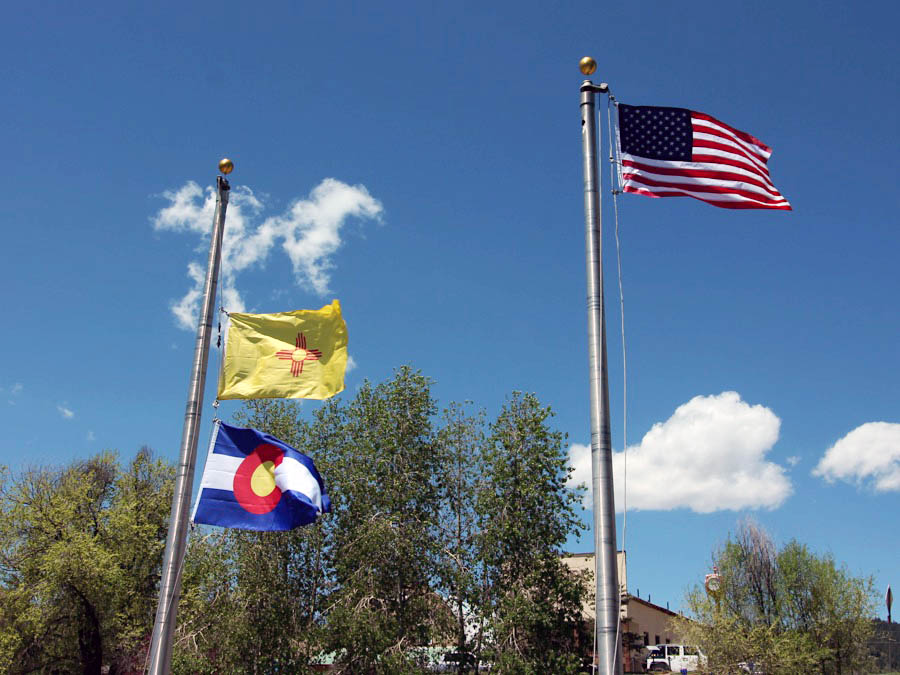
Chama, NM / May 2023 / RWH
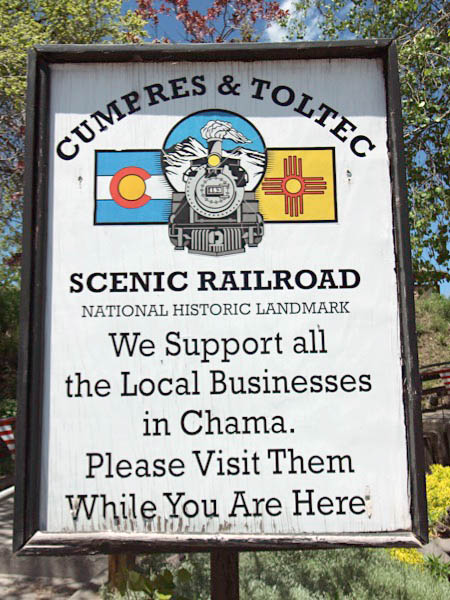
May 2023 / RWH
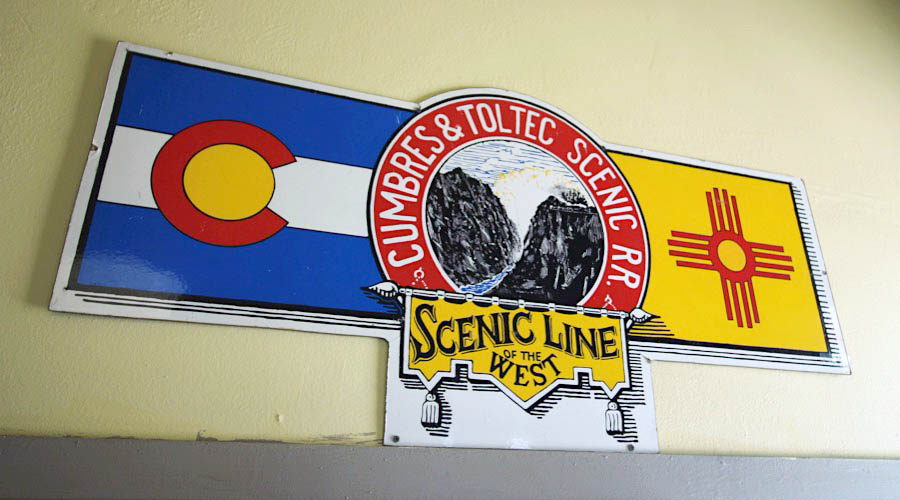
Chama, NM / May 2023 / RWH
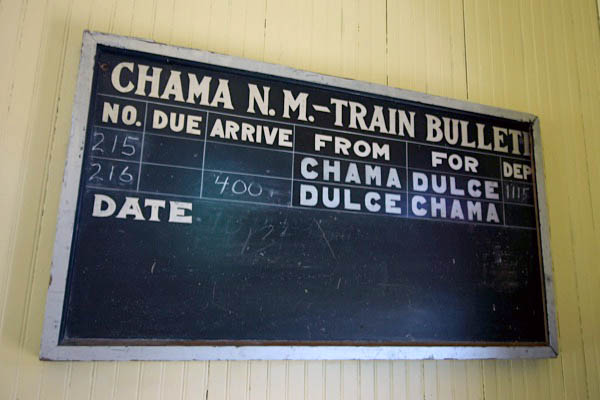
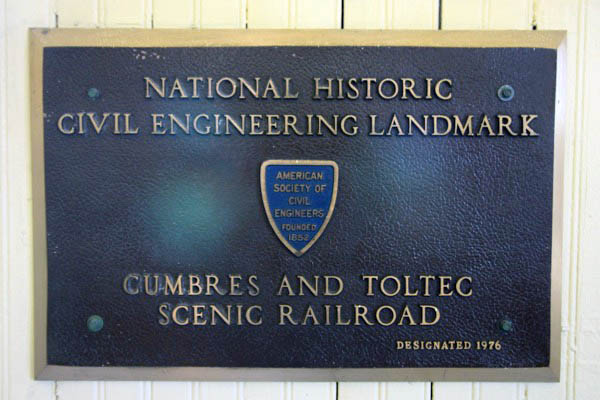
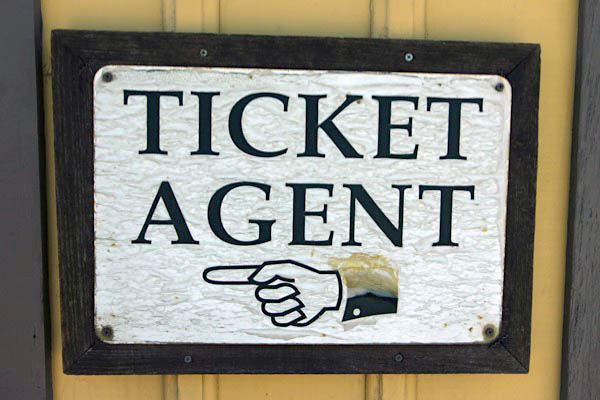
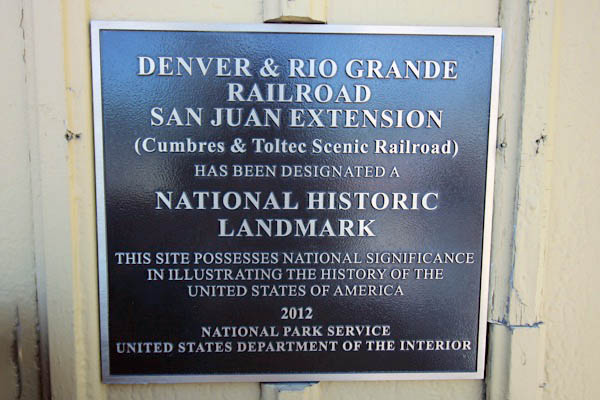
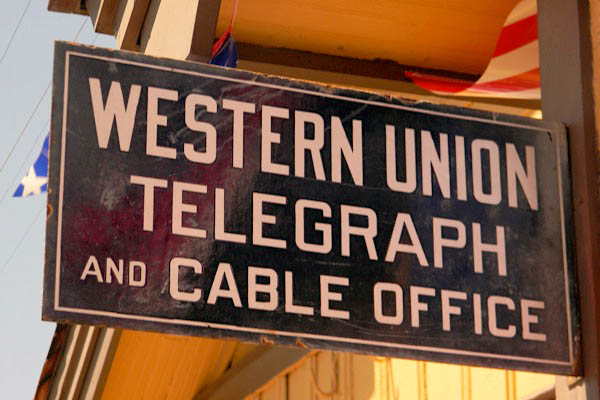
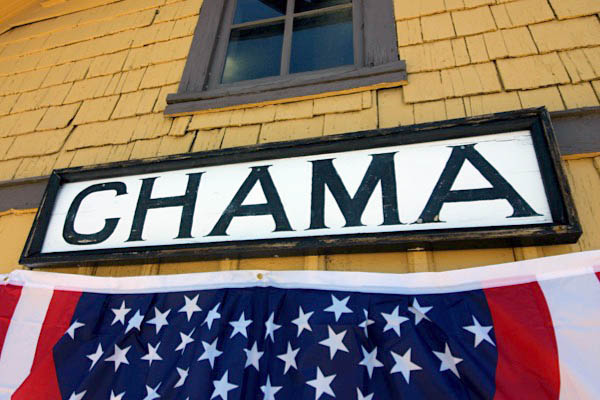
May 2023 / RWH and ETH
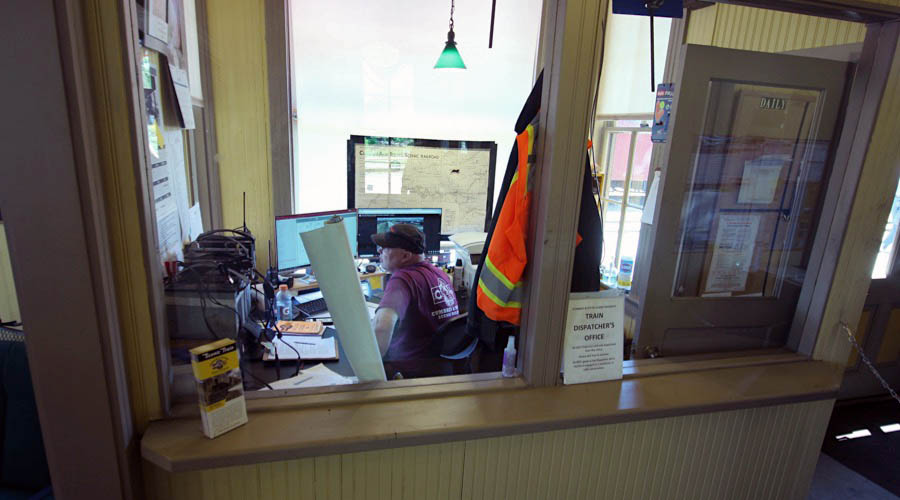
May 2023 / RWH
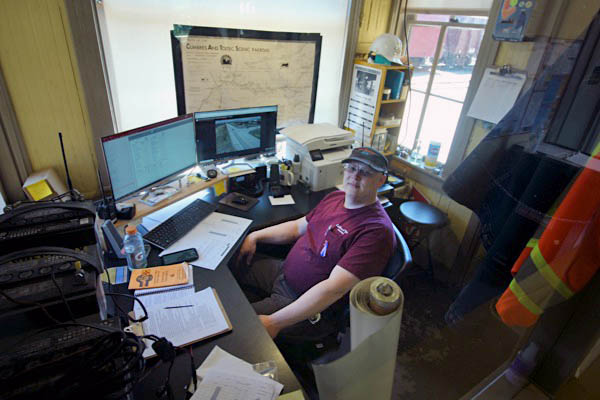
May 2023 / RWH

Chama, NM / May 2023 / RWH
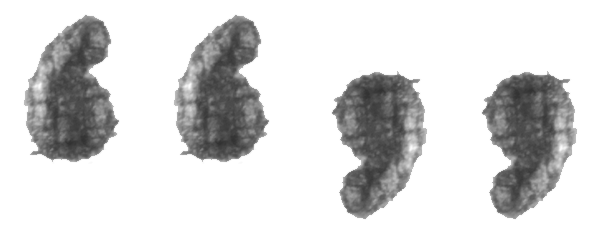

 n February 1880, the Denver and Rio Grande Railroad began construction of the San Juan extension, a route that went from Alamosa, Colorado, to Silverton, Colorado, by way of Cumbres Pass, Chama, and Durango. Railroad service to Chama began in February, 1881 and facilities for servicing railroad equipment, a depot, warehouses and stockyards were set up along the route surveyed for the railroad.
n February 1880, the Denver and Rio Grande Railroad began construction of the San Juan extension, a route that went from Alamosa, Colorado, to Silverton, Colorado, by way of Cumbres Pass, Chama, and Durango. Railroad service to Chama began in February, 1881 and facilities for servicing railroad equipment, a depot, warehouses and stockyards were set up along the route surveyed for the railroad.
The brief period of construction from 1880-1881 was one of the most exciting episodes in the area’s history and Chama almost immediately became a boomtown. The possibilities for development attracted both industrious and disreputable characters from all around. Individuals interested in developing the coal mines in Monero rapidly appeared on the scene as did representatives of the lumber industry, laborers, engineers and contractors to build the railroad and buildings required to accommodate the mass of people attracted to the booming railroad town of Chama.
For many years Chama remained a rowdy and exciting place to be. It was a very prosperous town with plenty of work and a great deal of entertainment in the forms of saloons, gambling houses, moonshine stills, etc. Groceries were expensive and outlaws, such as the Clay Allison gang, regularly held up the railroad pay car construction camps with large payrolls, saloons and gambling houses.
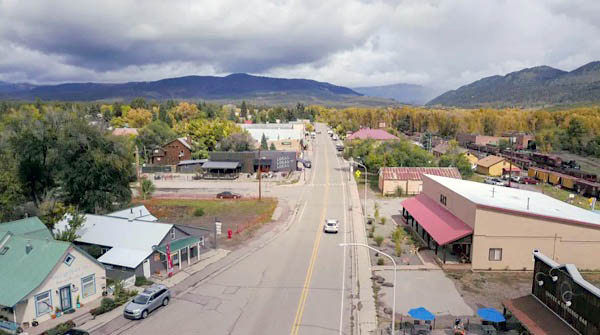 In the past, the main industries of the area were logging, mining and sheep and cattle ranching. Before the logging industry clear-cut much of the timber, the vast grasslands one now sees, were hundreds of square miles of forest. In pre-logging days the forest was so thick that it was difficult for a man on horseback to negotiate his way through the trees. The sheep industry operated on a grand scale until the depression and the terrible winter of 1931-32 combined to nearly wipe out the sheep industry.
In the past, the main industries of the area were logging, mining and sheep and cattle ranching. Before the logging industry clear-cut much of the timber, the vast grasslands one now sees, were hundreds of square miles of forest. In pre-logging days the forest was so thick that it was difficult for a man on horseback to negotiate his way through the trees. The sheep industry operated on a grand scale until the depression and the terrible winter of 1931-32 combined to nearly wipe out the sheep industry.
 Chama, New Mexico offers a unique blend of cultures. In the shops and cafes you will hear a mix of English, Spanish and Native languages, often used in concert. And you’ll hear a lot of laughter. Serious conversations often turn to the environment and politics, as big changes are again underway. The local economy, once fueled by agriculture, is increasingly fed by tourism and new businesses started by transplants from more congested urban areas.
Chama, New Mexico offers a unique blend of cultures. In the shops and cafes you will hear a mix of English, Spanish and Native languages, often used in concert. And you’ll hear a lot of laughter. Serious conversations often turn to the environment and politics, as big changes are again underway. The local economy, once fueled by agriculture, is increasingly fed by tourism and new businesses started by transplants from more congested urban areas.
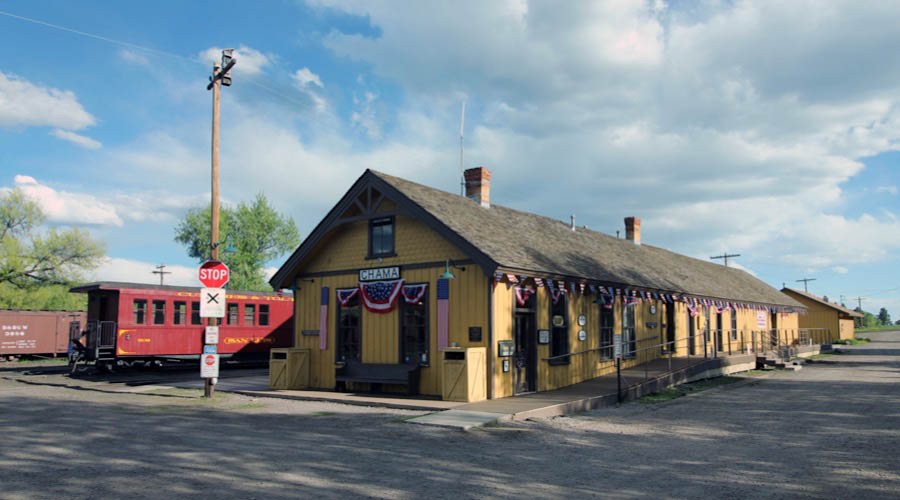
Chama, NM / May 2023 / RWH
 Shops
Shops
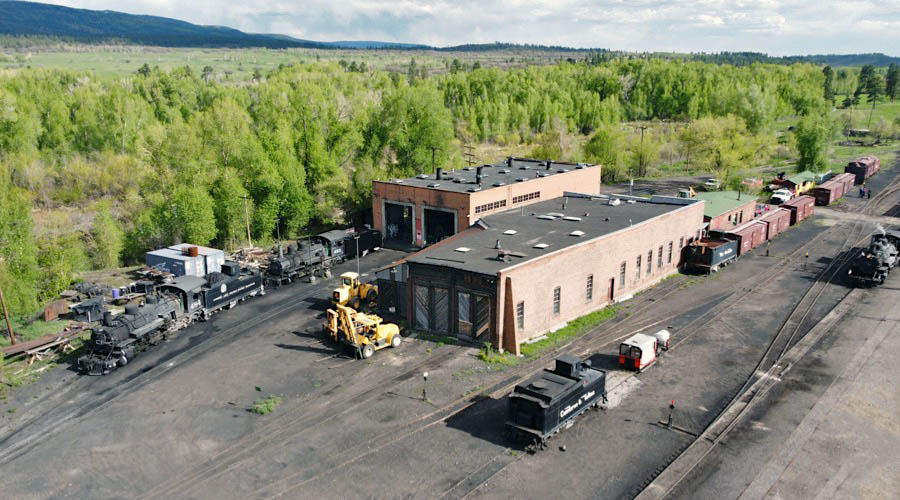
Chama, NM / May 2023 / RWH
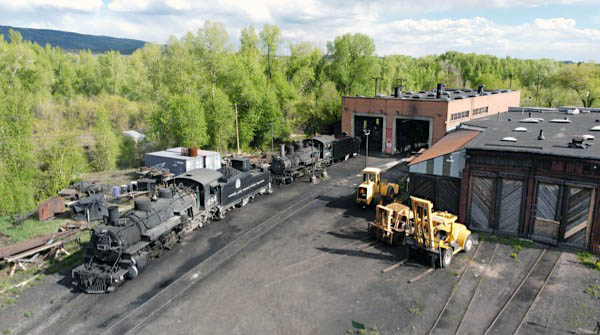
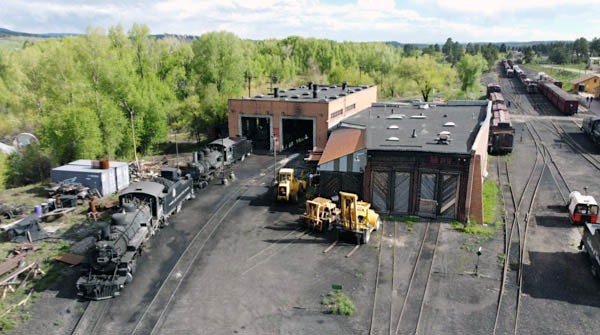
Chama, NM / May 2023 / RWH
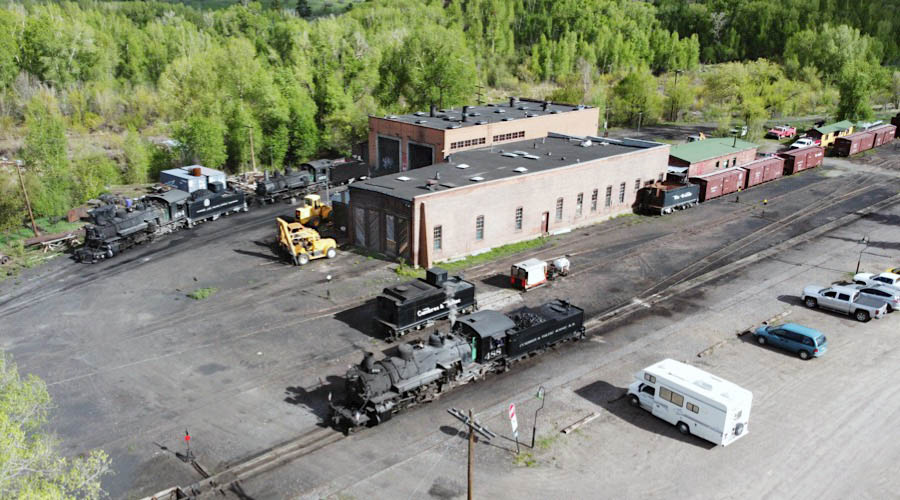
Chama, NM / May 2023 / RWH

Chama, NM / May 2023 / RWH
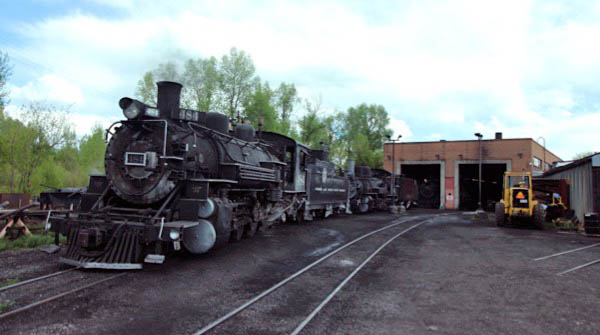
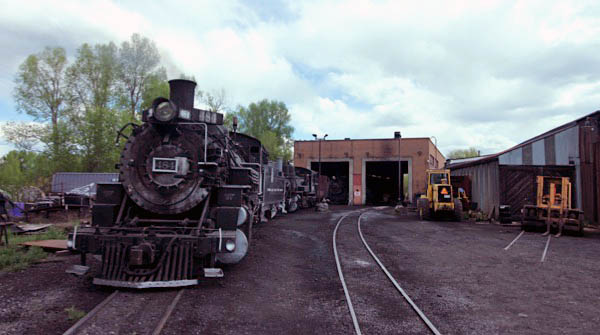
Chama, NM / May 2023 / RWH
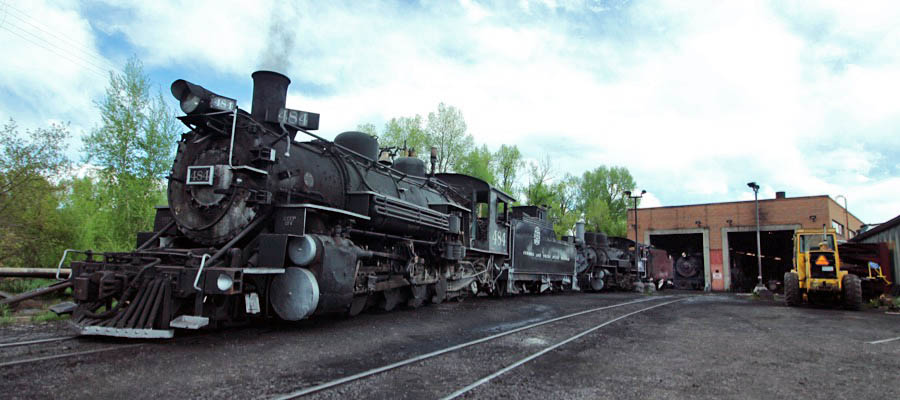
Chama, NM / May 2023 / RWH
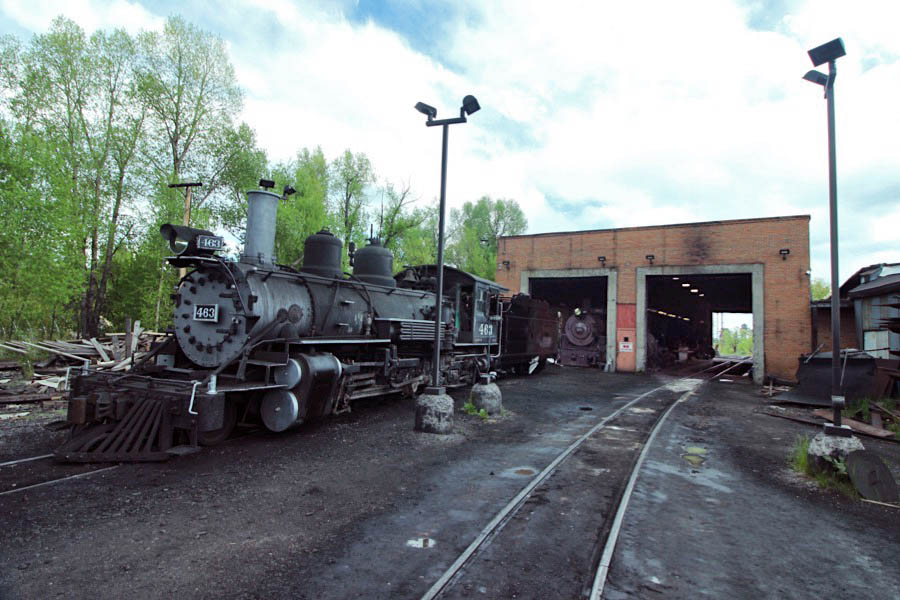
Chama, NM / May 2023 / RWH
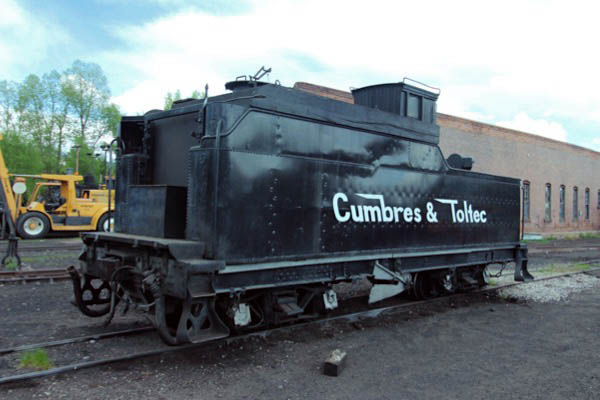
Chama, NM / May 2023 / RWH
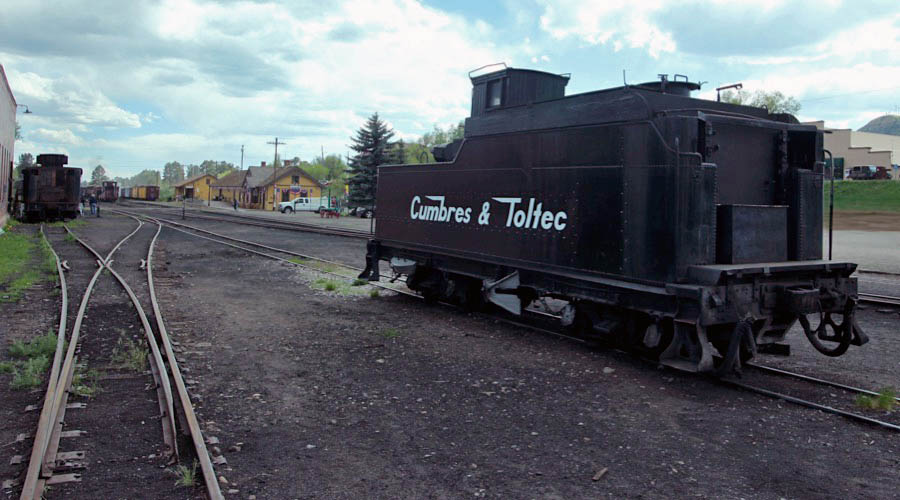
Chama, NM / May 2023 / RWH
 Yard
Yard
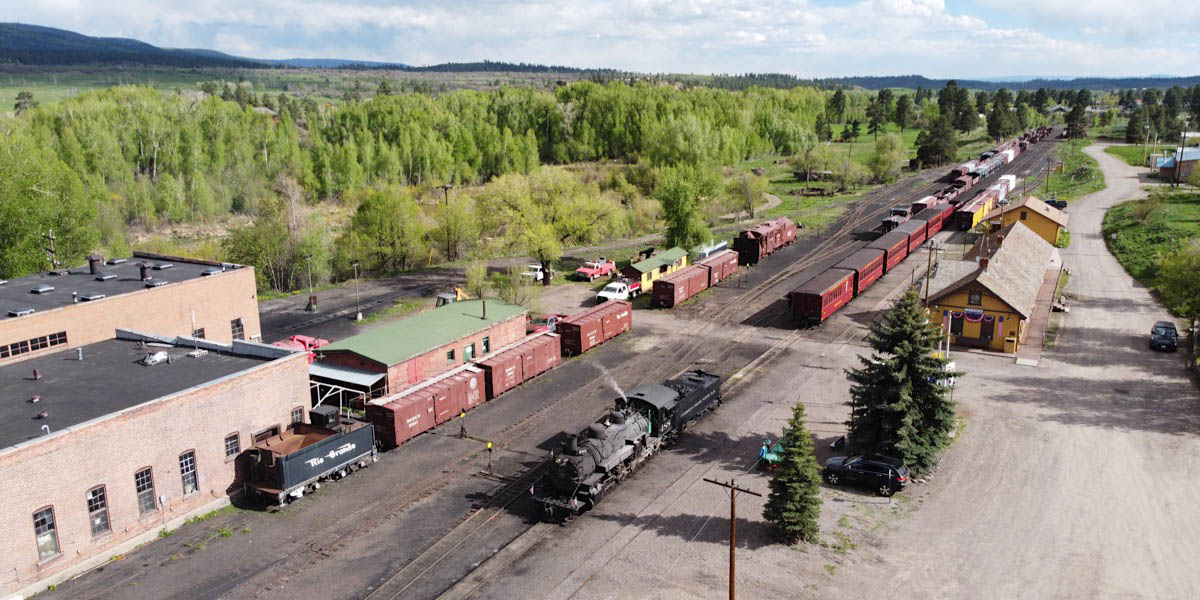
Chama, NM / May 2023 / RWH
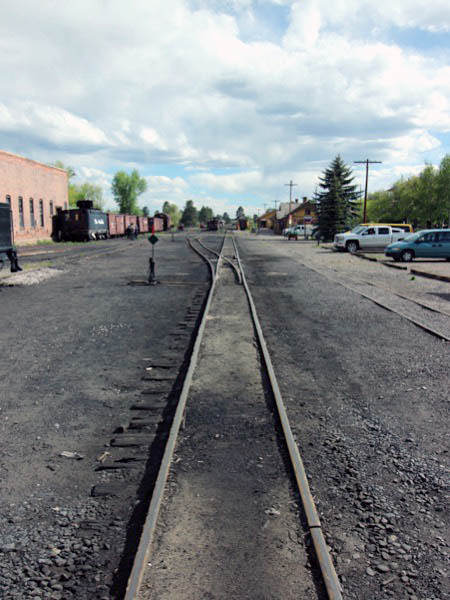
May 2023 / RWH
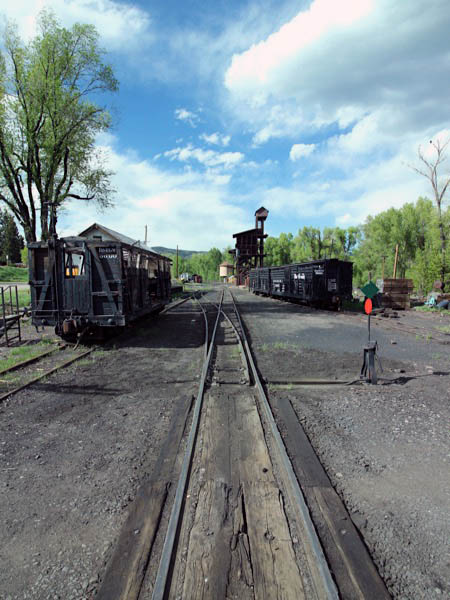
May 2023 / RWH
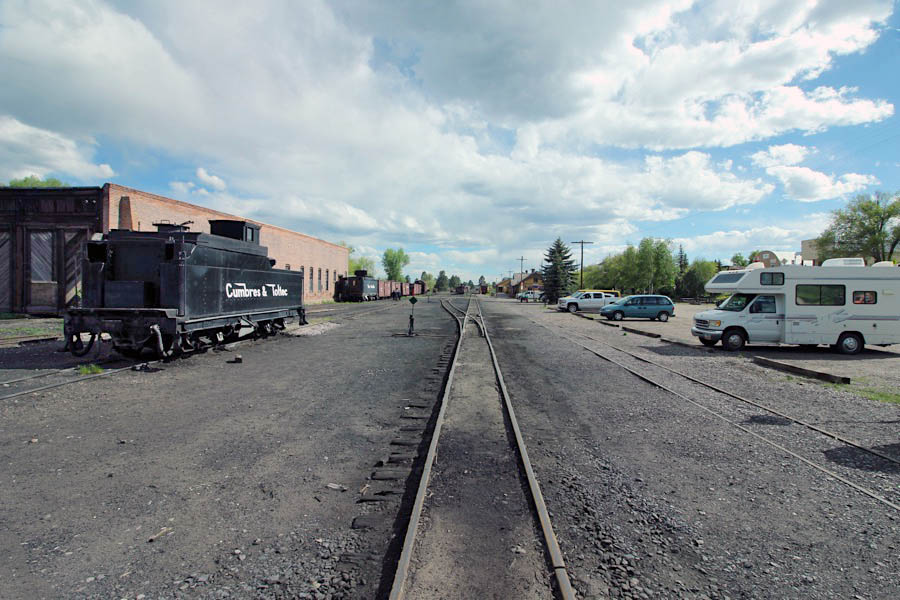
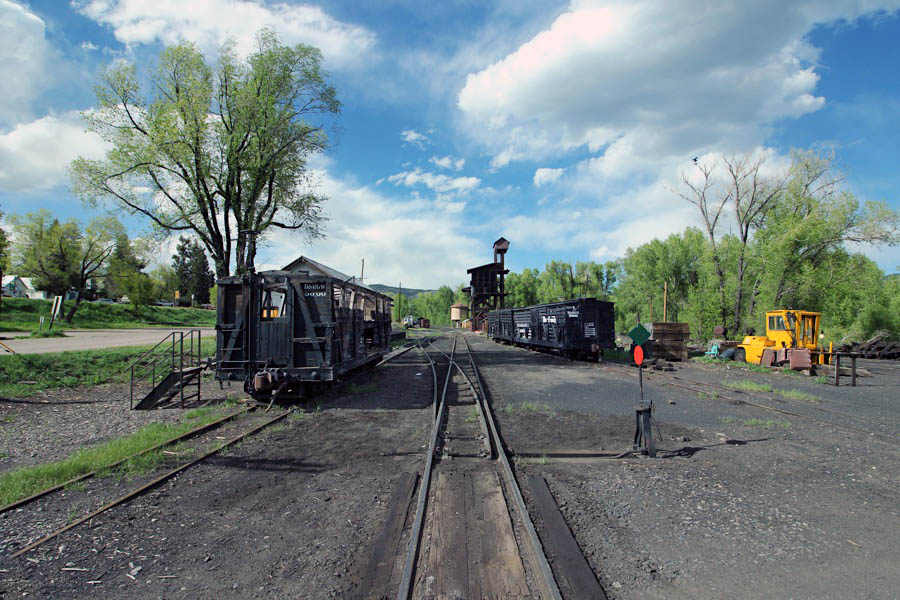
Chama, NM / May 2023 / RWH
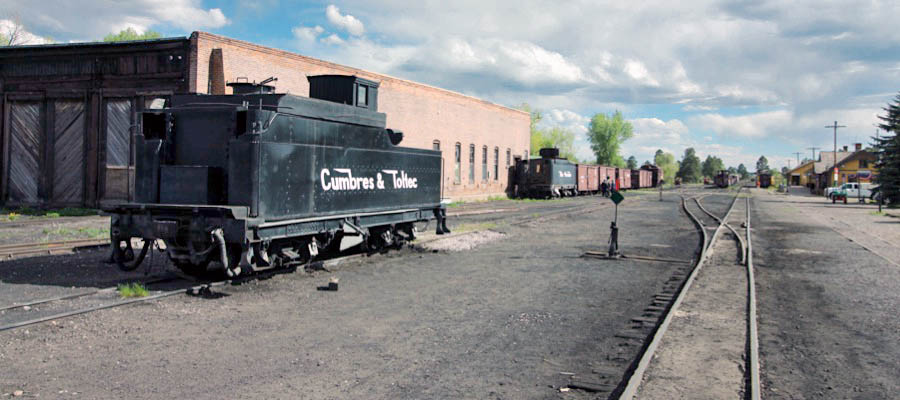
Chama, NM / May 2023 / RWH
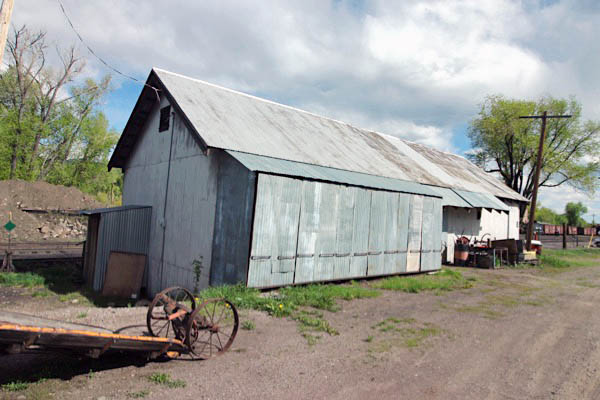
Chama, NM / May 2023 / RWH
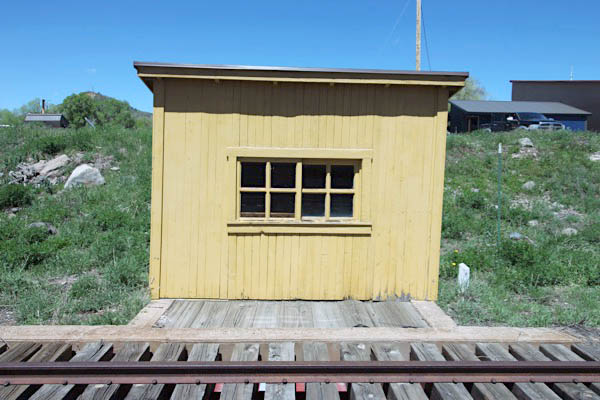
May 2023 / RWH
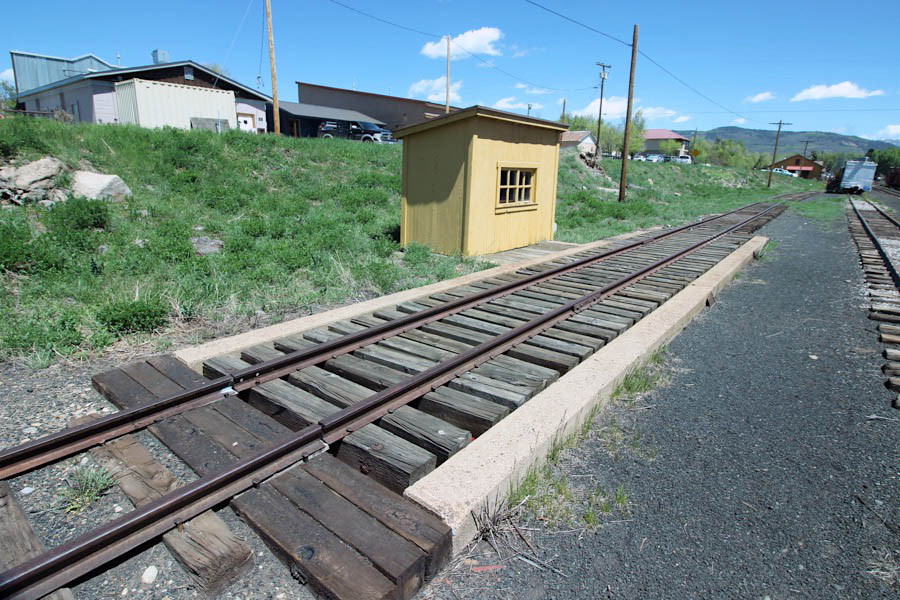
Chama, NM / May 2023 / RWH
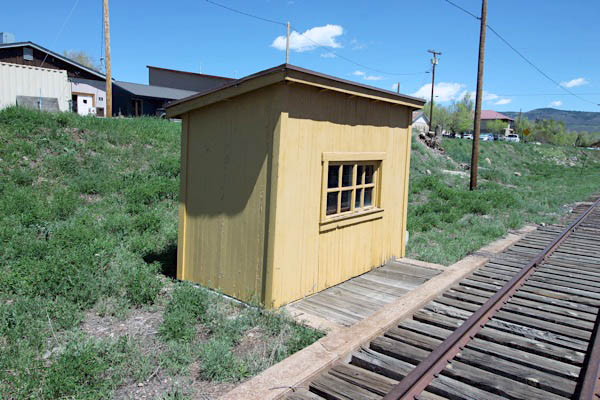
Chama, NM / May 2023 / RWH
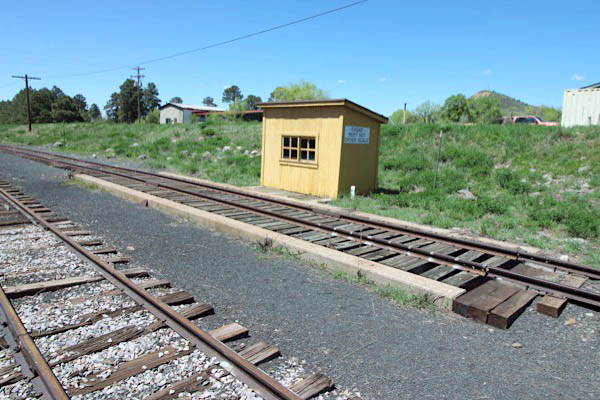
Chama, NM / May 2023 / RWH
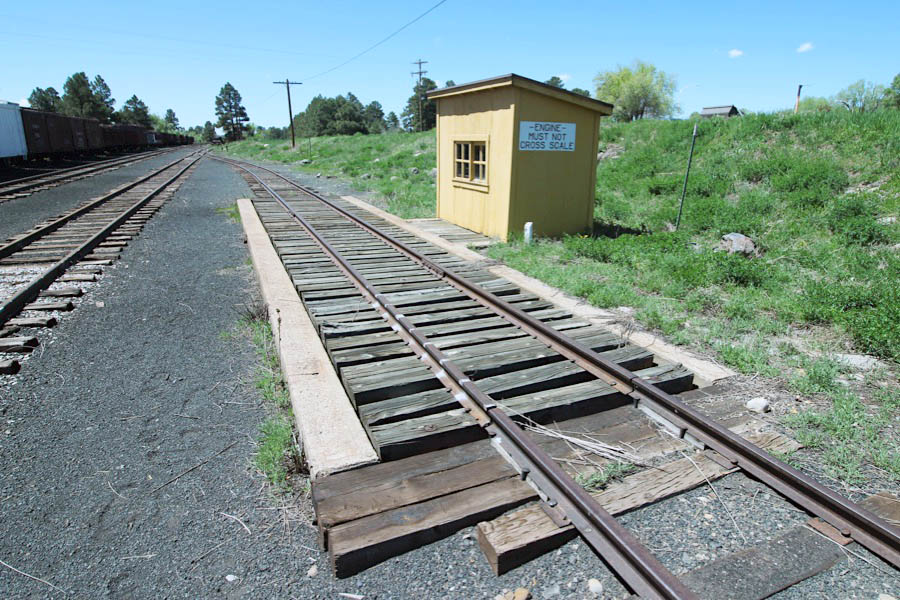
Chama, NM / May 2023 / RWH
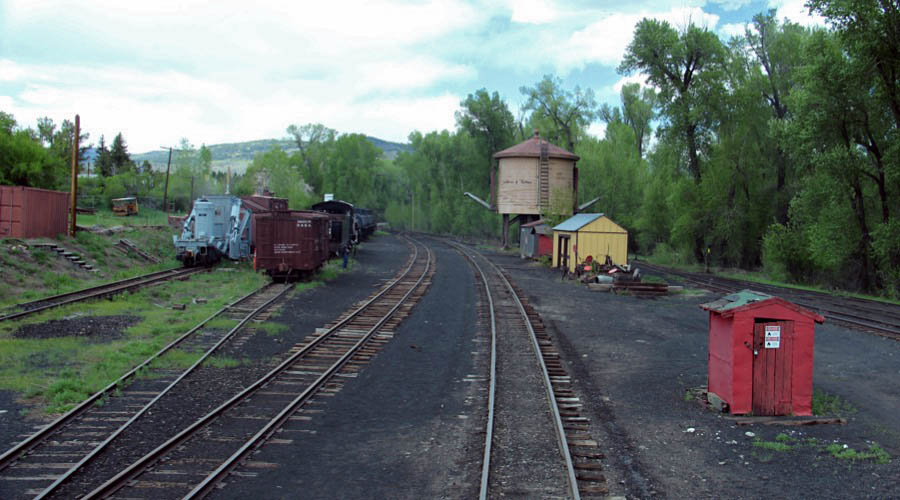
Chama, NM / May 2023 / RWH
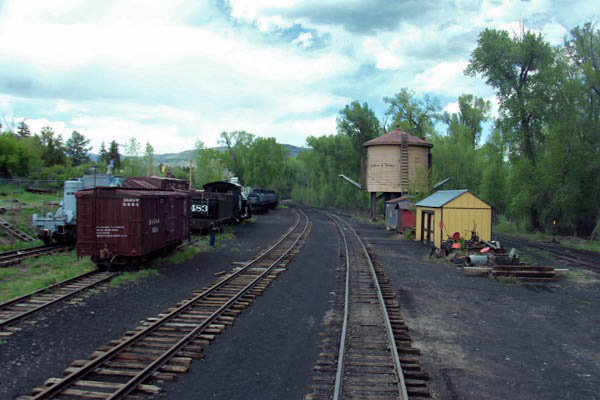
Chama, NM / May 2023 / RWH
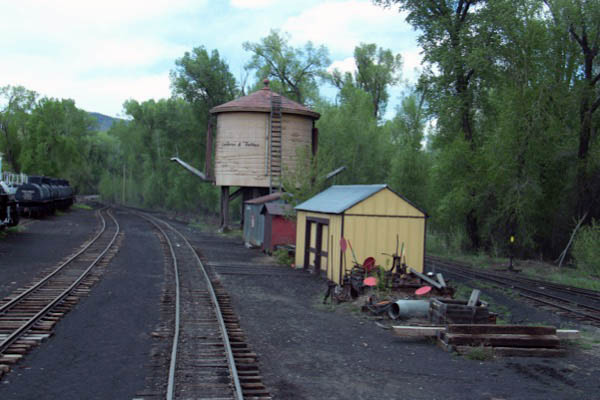
Chama, NM / May 2023 / RWH
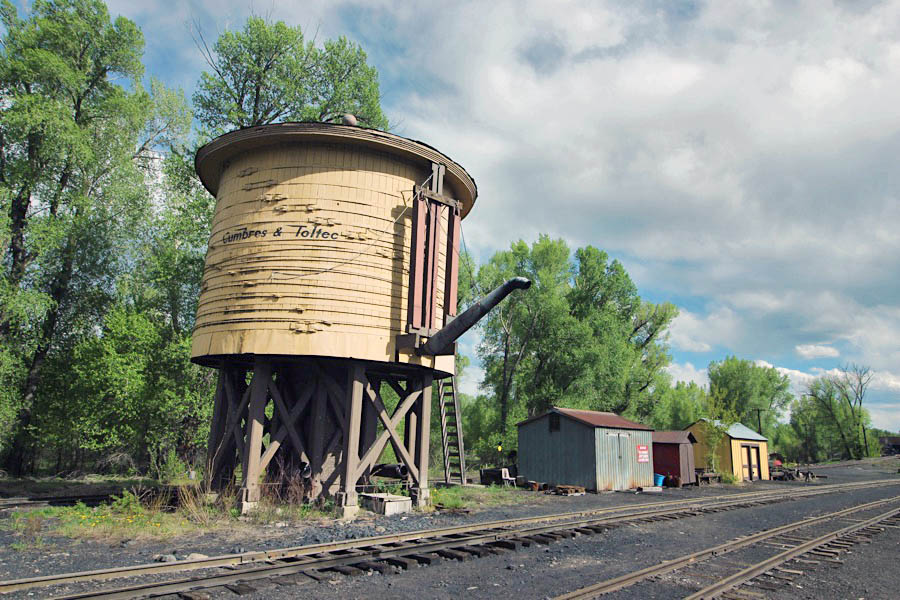
Chama, NM / May 2023 / RWH
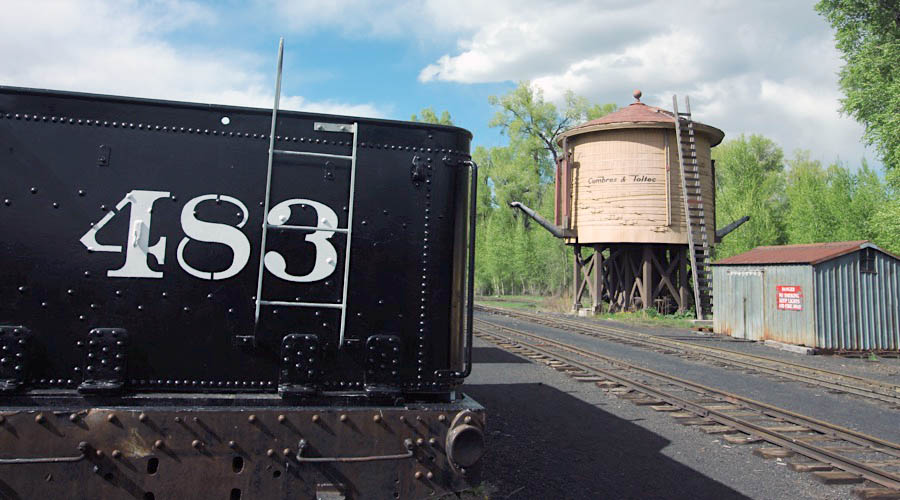
Chama, NM / May 2023 / RWH
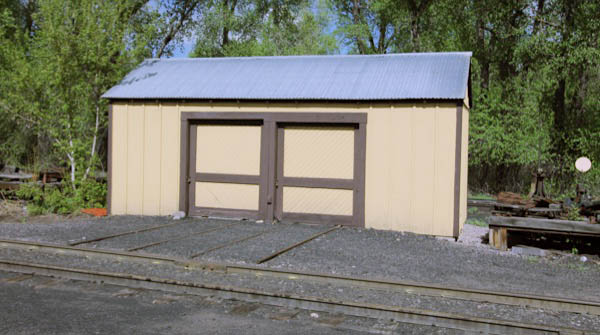
Chama, NM / May 2023 / RWH
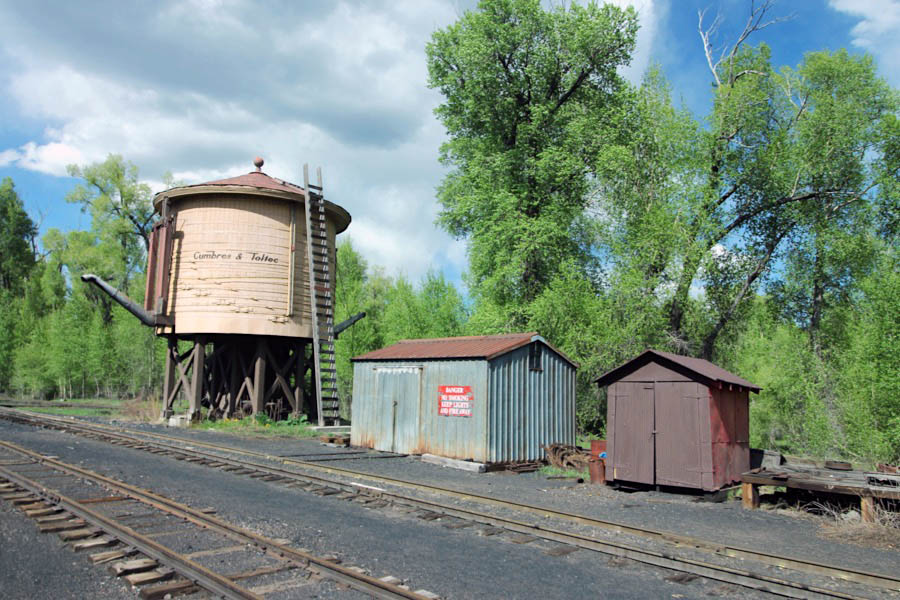
Chama, NM / May 2023 / RWH
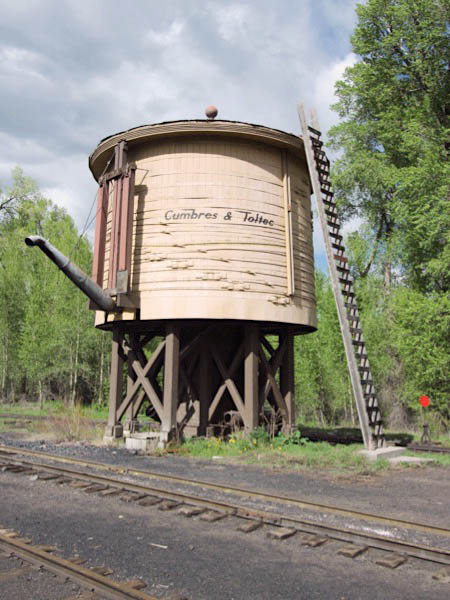
May 2023 / RWH
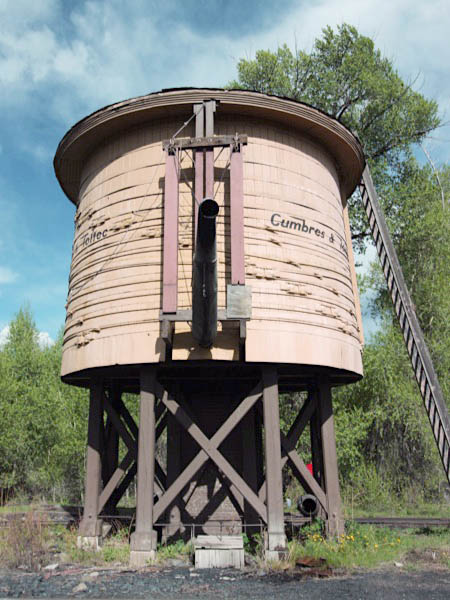
May 2023 / RWH
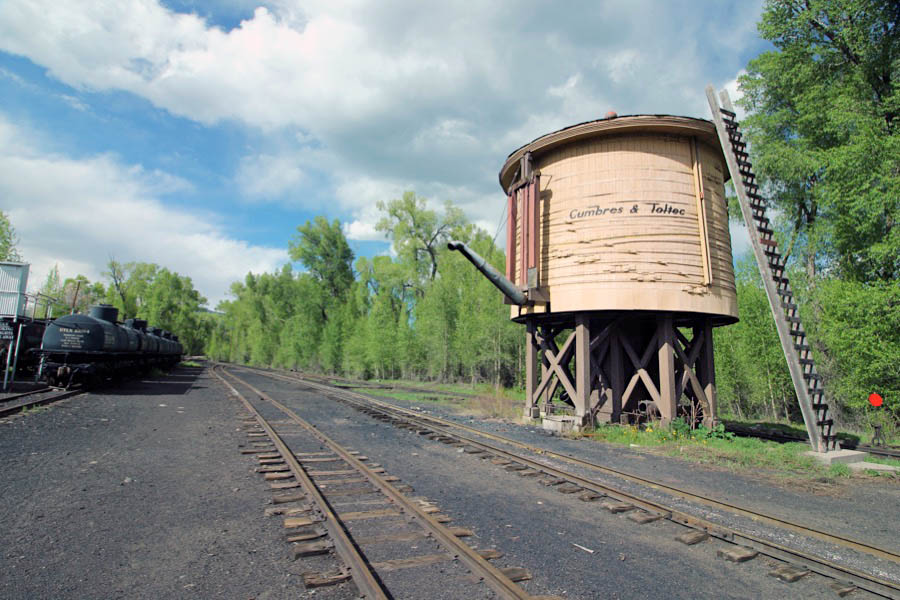
Chama, NM / May 2023 / RWH
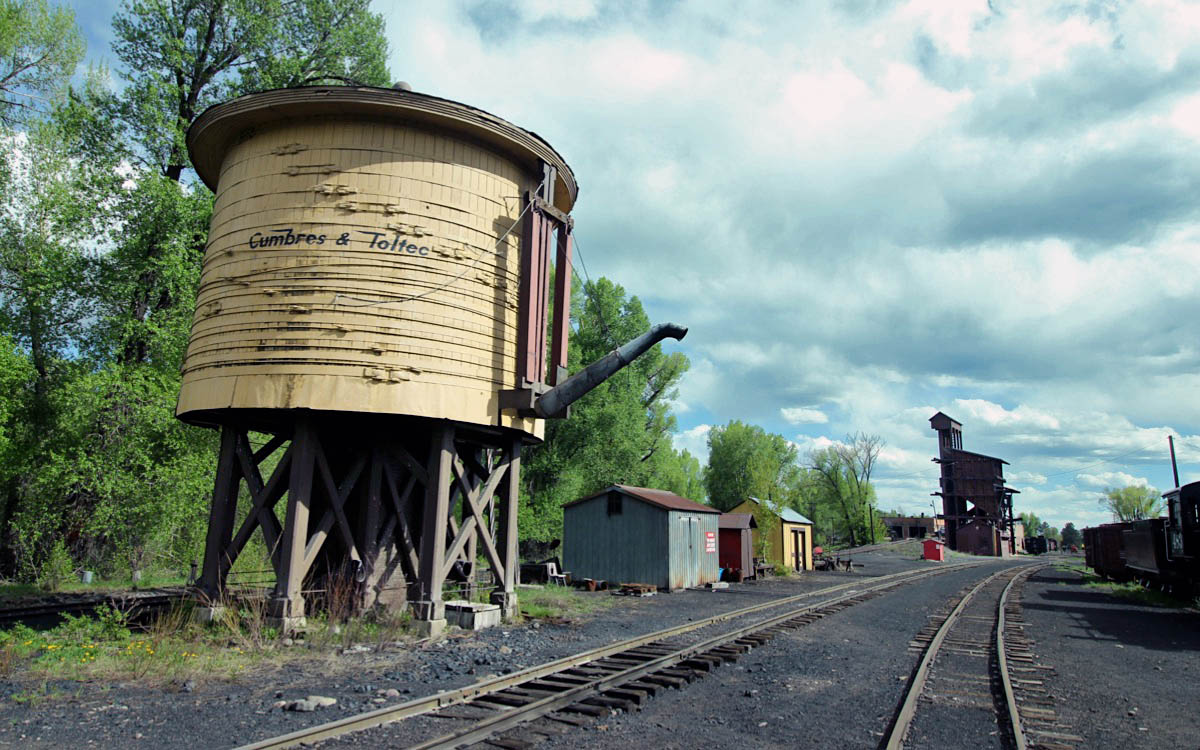
Chama, NM / May 2023 / RWH
 Coal Tipple
Coal Tipple
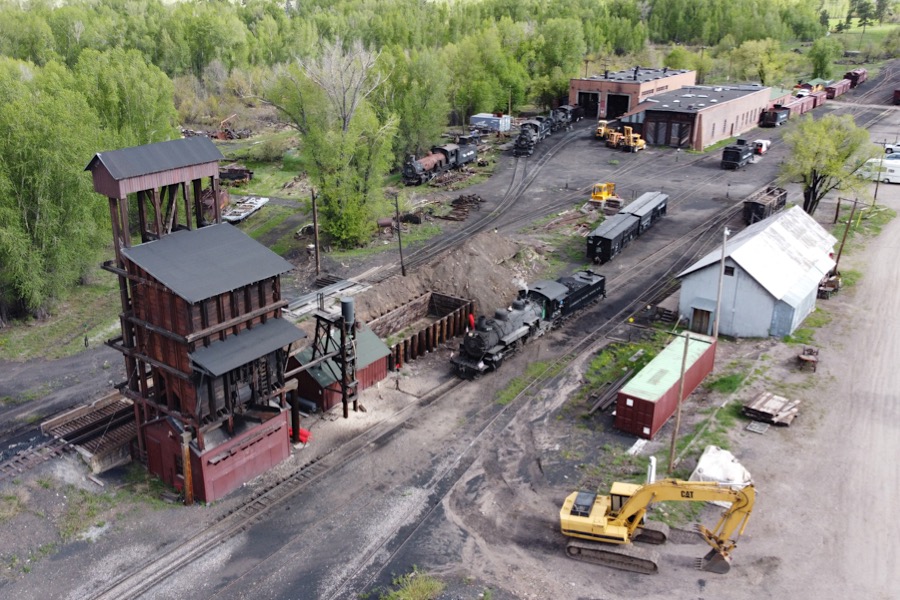
Chama, NM / May 2023 / RWH
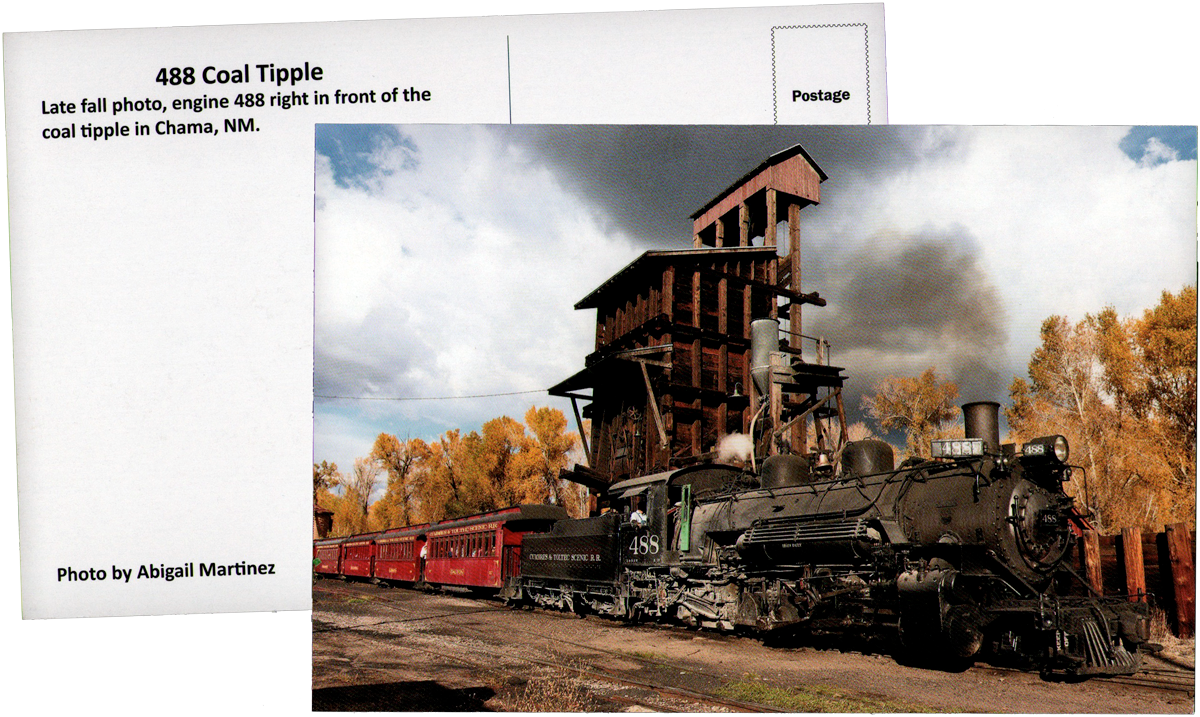
postcard / collection
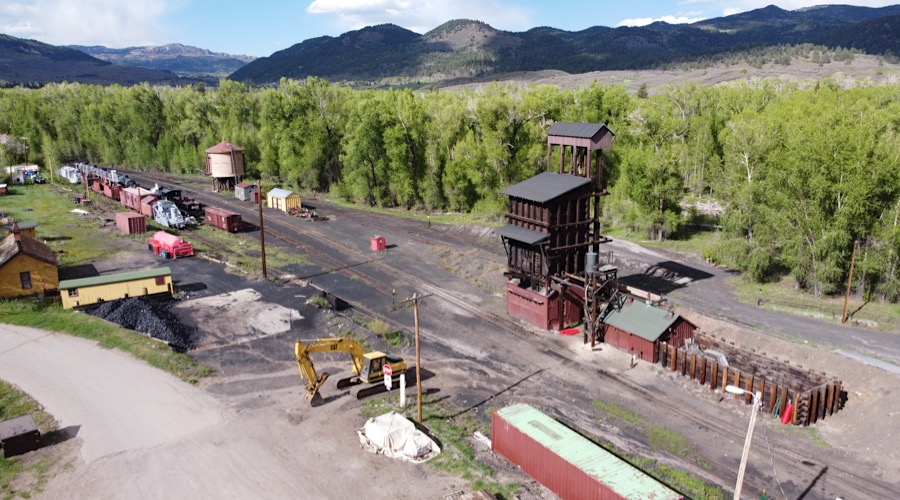
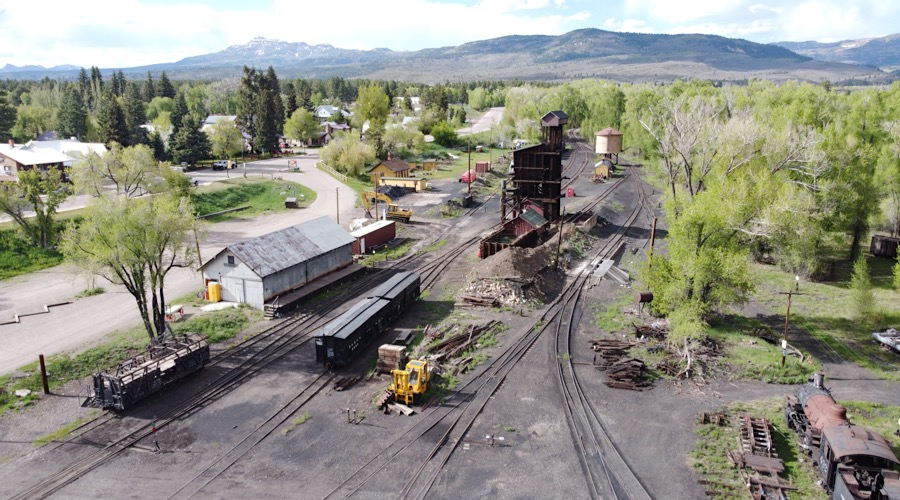
Chama, NM / May 2023 / RWH
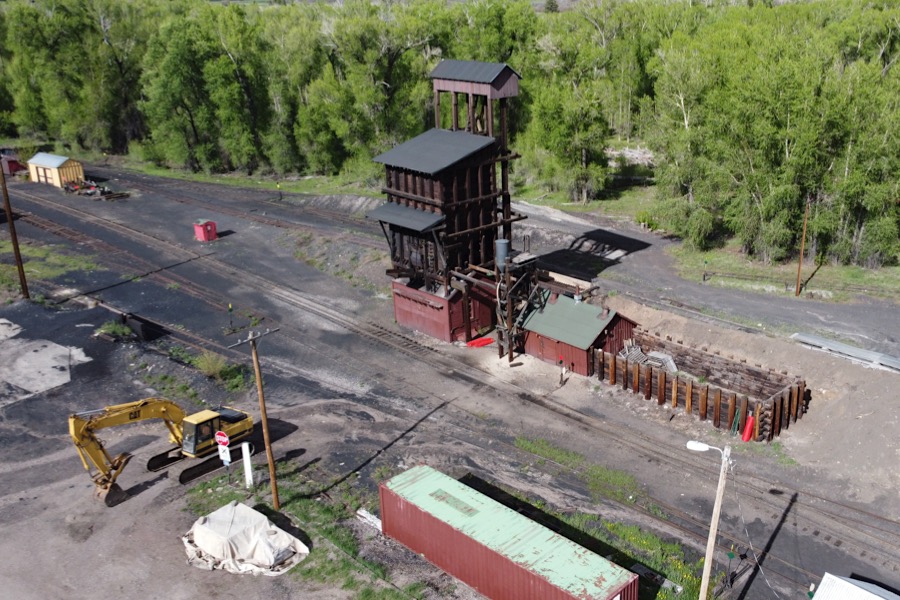
Chama, NM / May 2023 / RWH
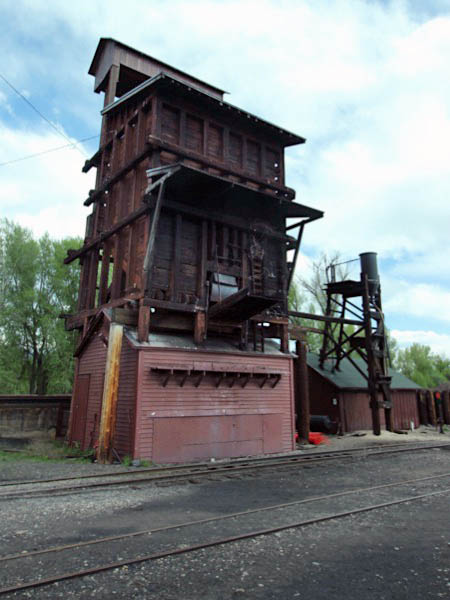
May 2023 / RWH
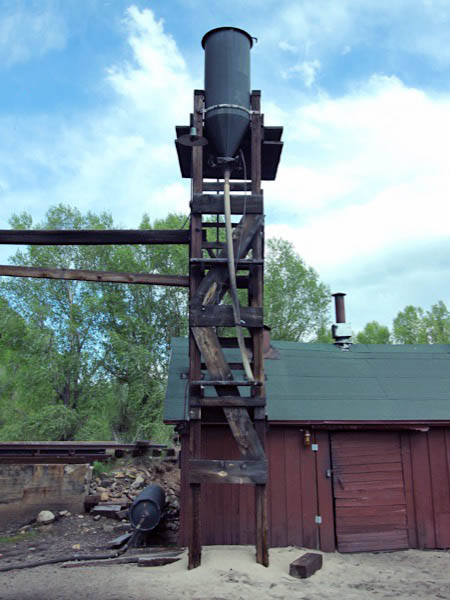
May 2023 / RWH
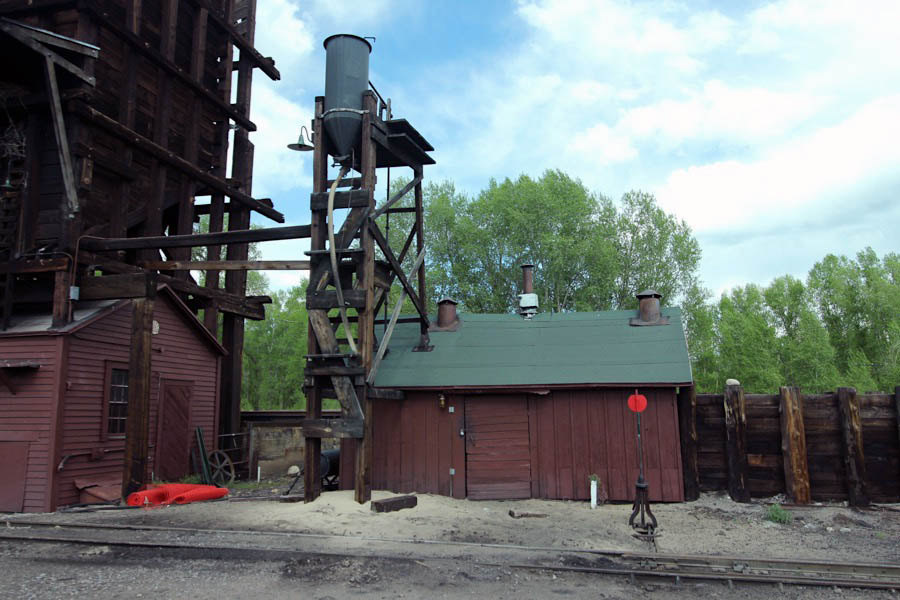
Chama, NM / May 2023 / RWH
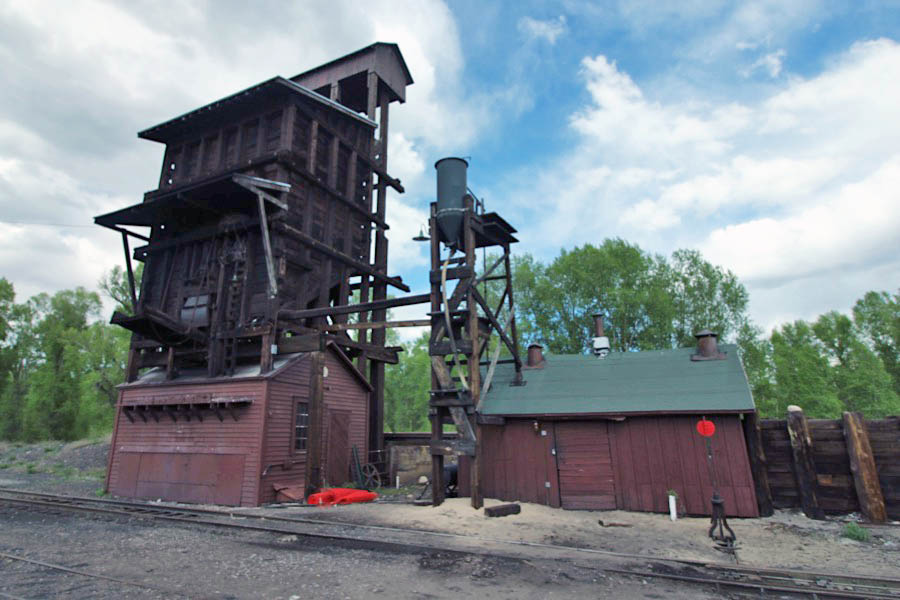
Chama, NM / May 2023 / RWH
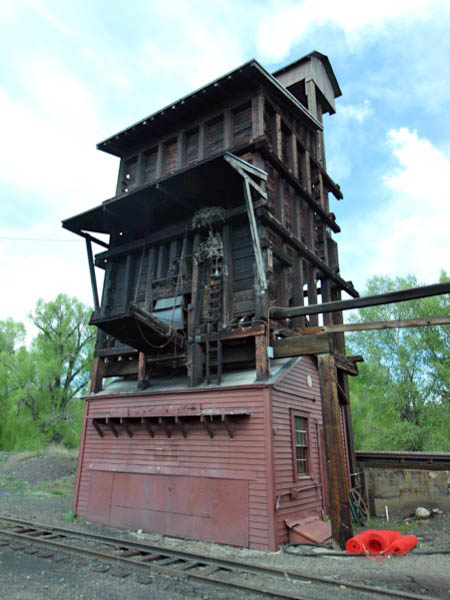
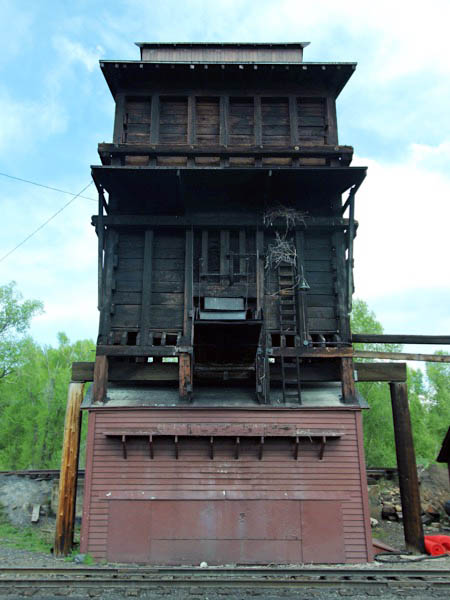
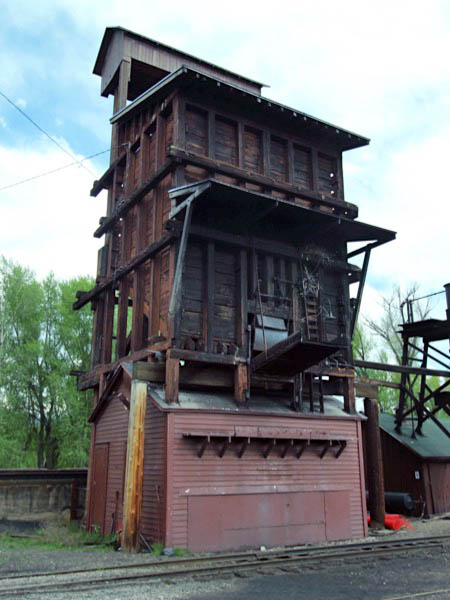
Chama, NM / May 2023 / RWH
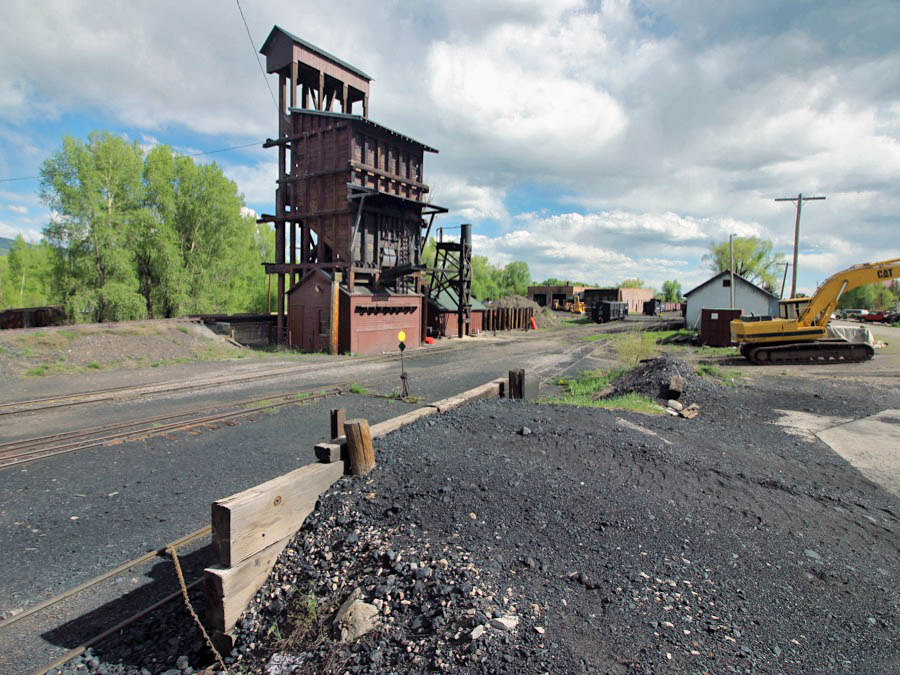
Chama, NM / May 2023 / RWH
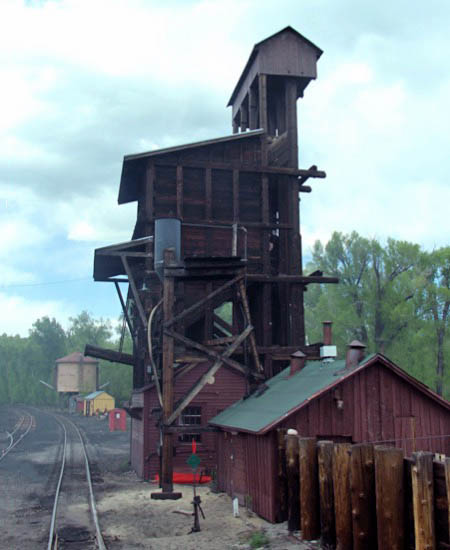
May 2023 / RWH

collection
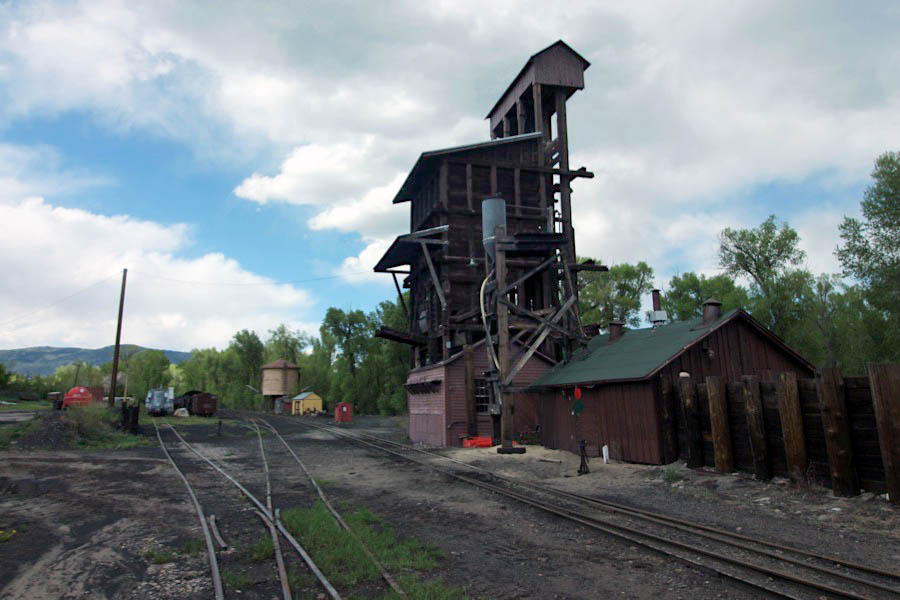
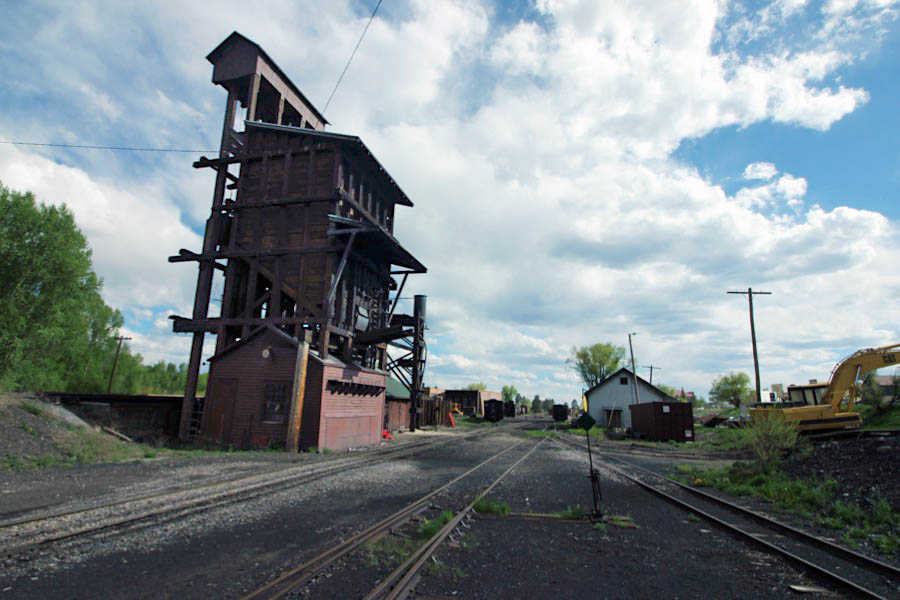
Chama, NM / May 2023 / RWH
 #488 servicing
#488 servicing
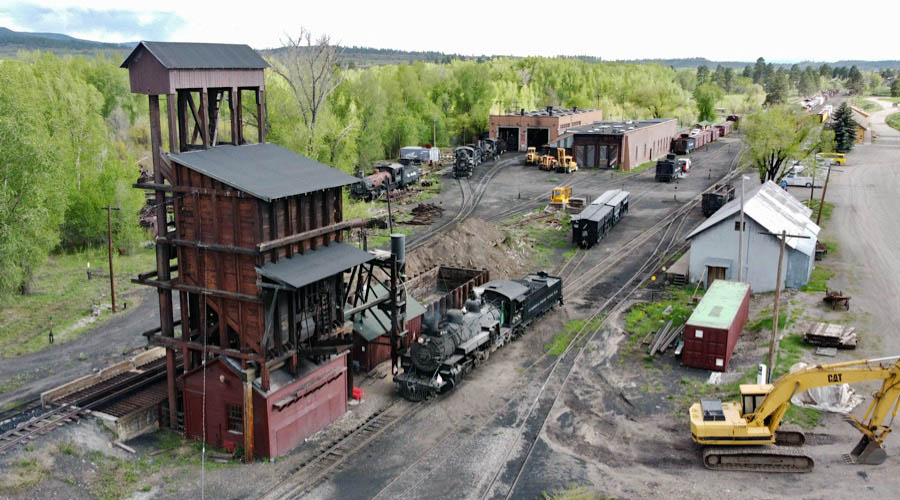
Chama, NM / May 2023 / RWH
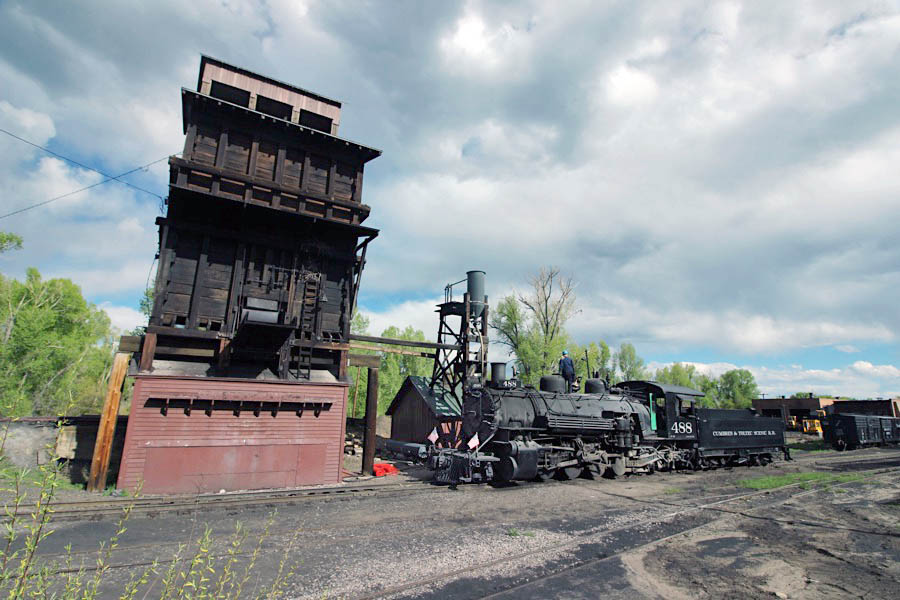
Chama, NM / May 2023 / RWH
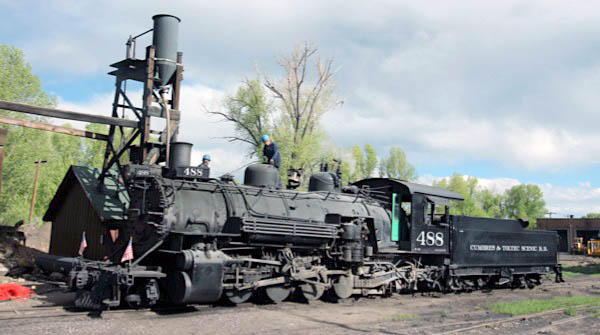
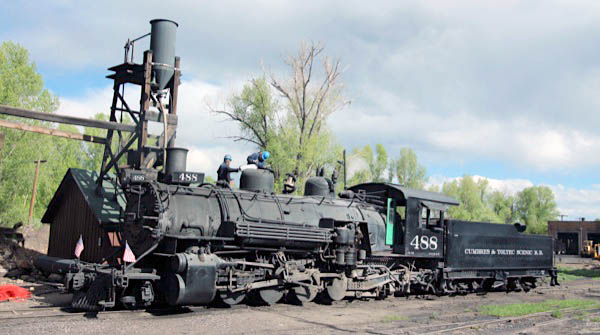
Chama, NM / May 2023 / RWH
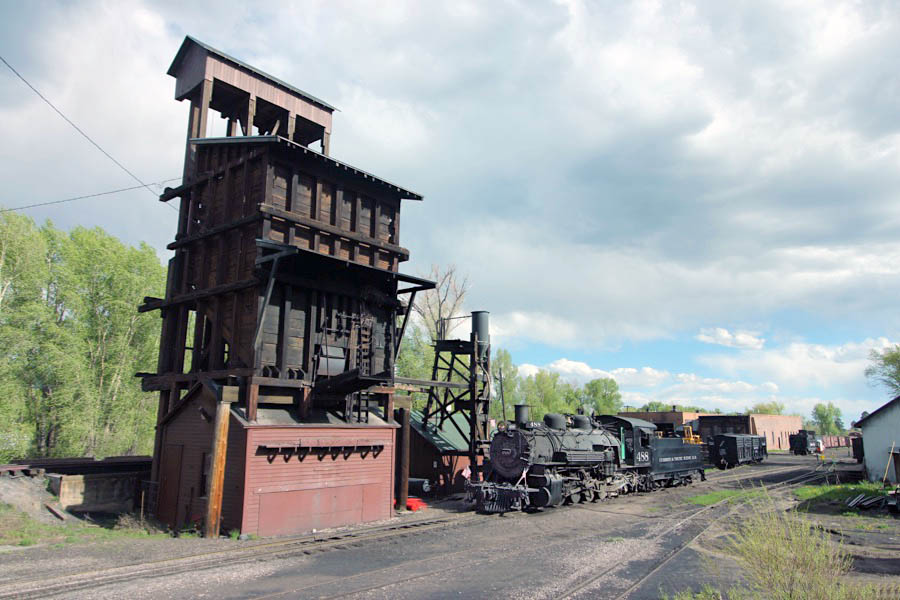
Chama, NM / May 2023 / RWH
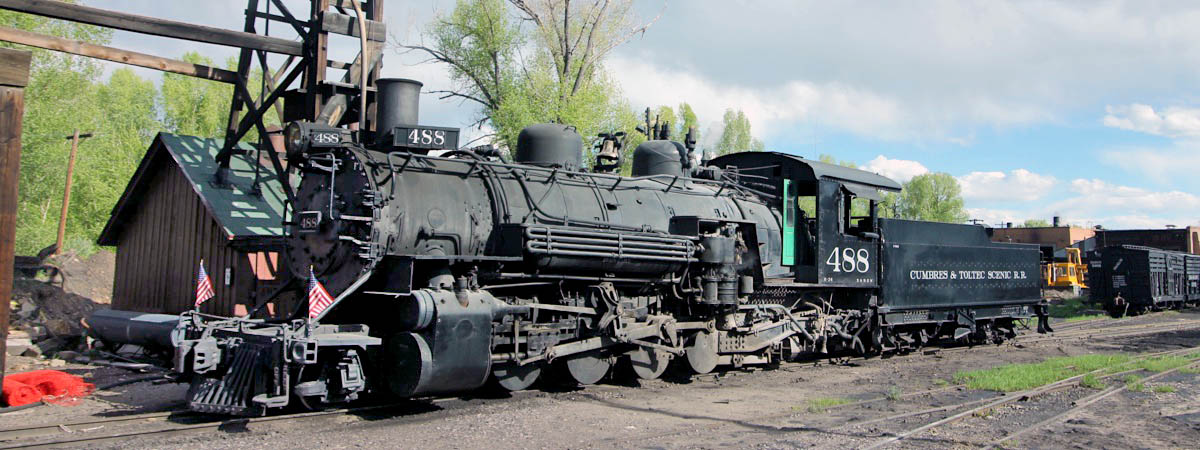
Chama, NM / May 2023 / RWH
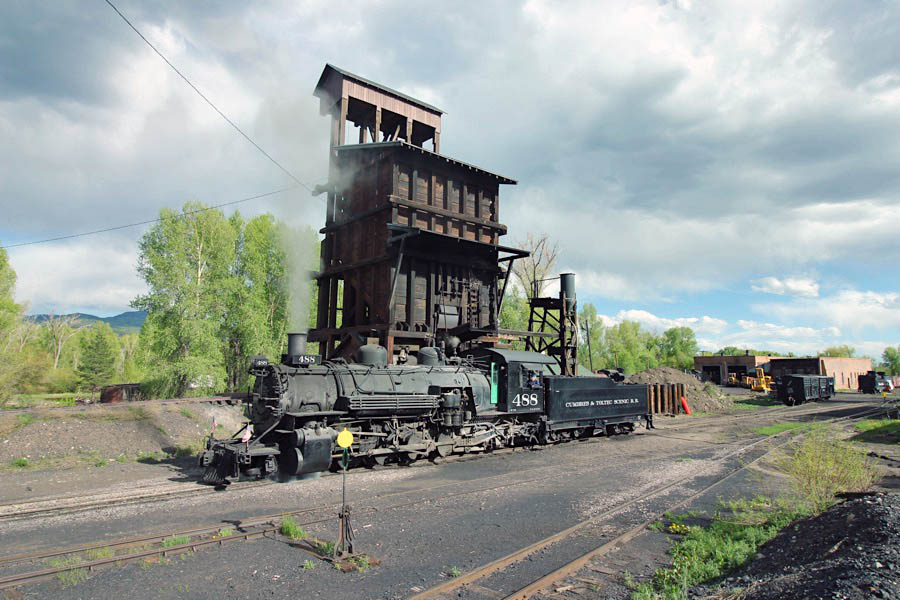
Chama, NM / May 2023 / RWH
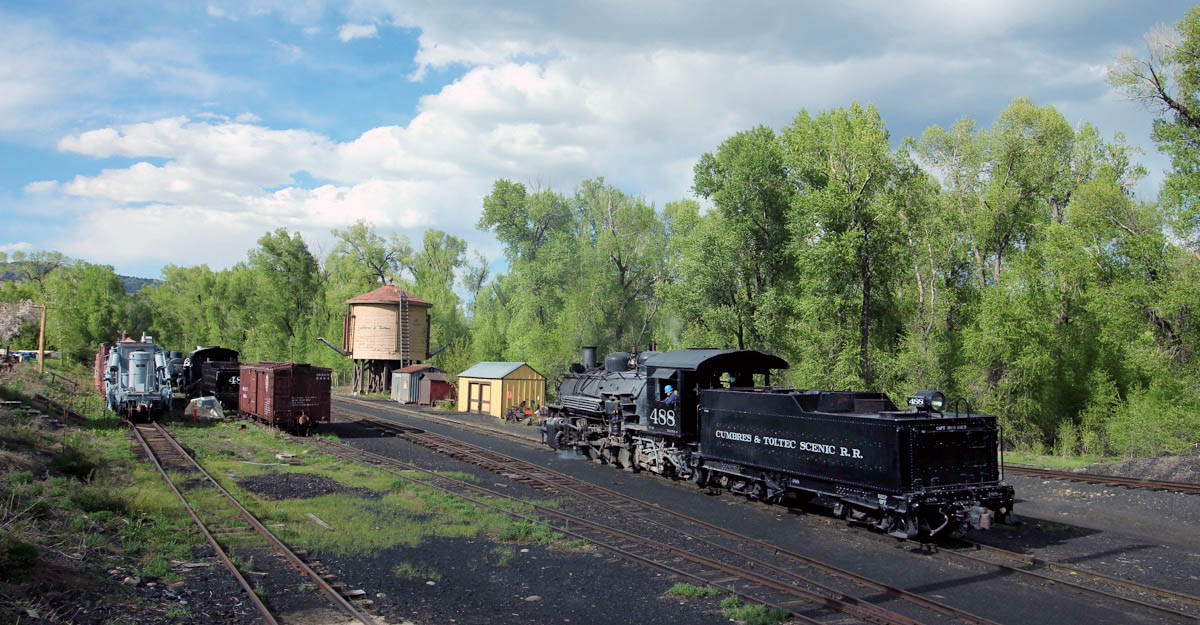
Chama, NM / May 2023 / RWH
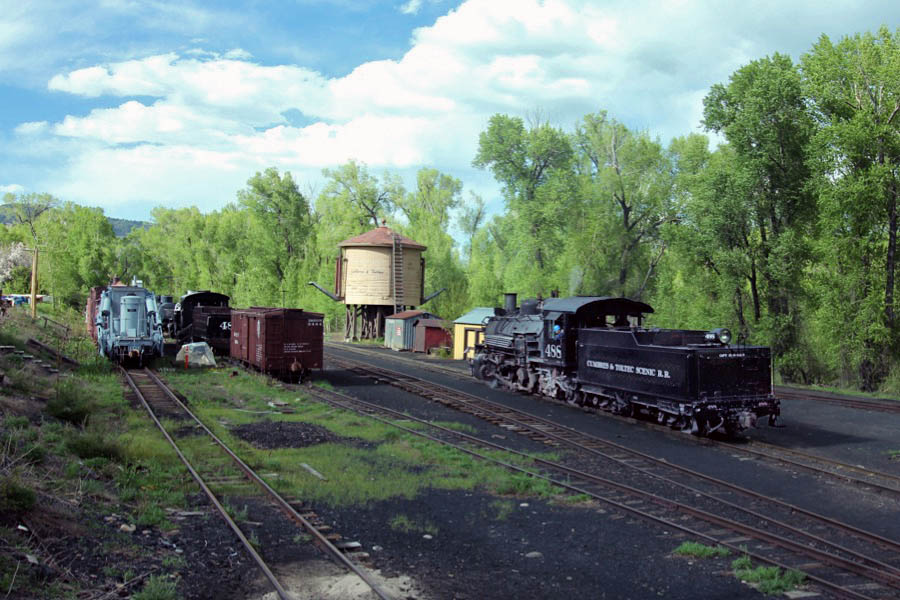
Chama, NM / May 2023 / RWH
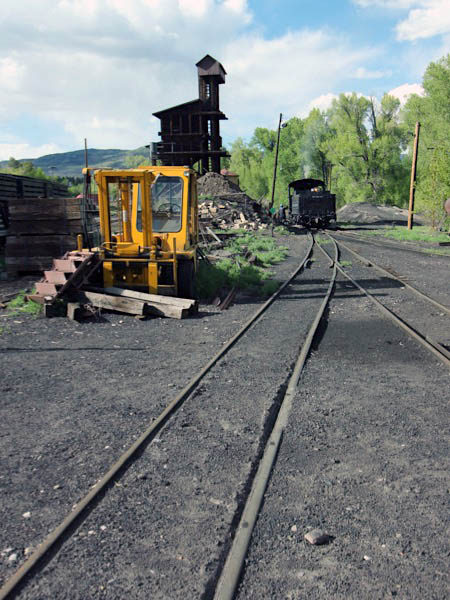
May 2023 / RWH
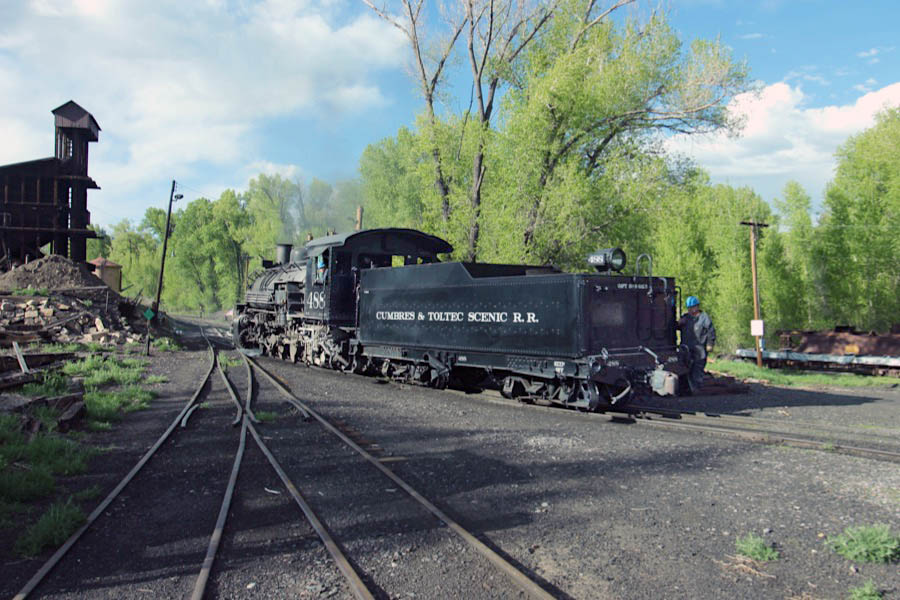
Chama, NM / May 2023 / RWH
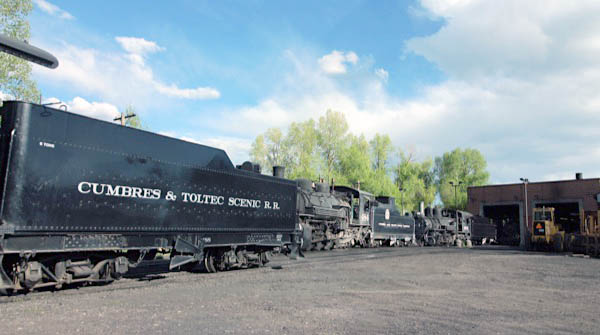
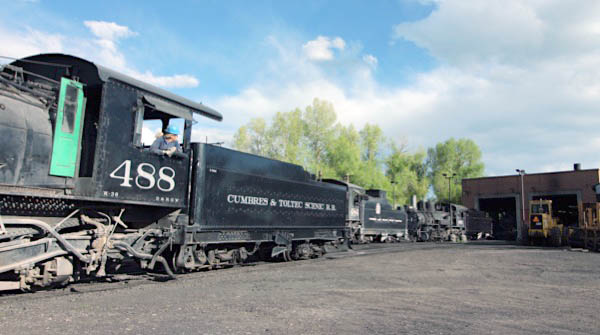
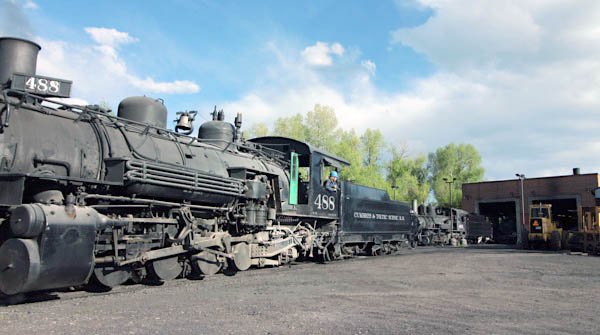
Chama, NM / May 2023 / RWH
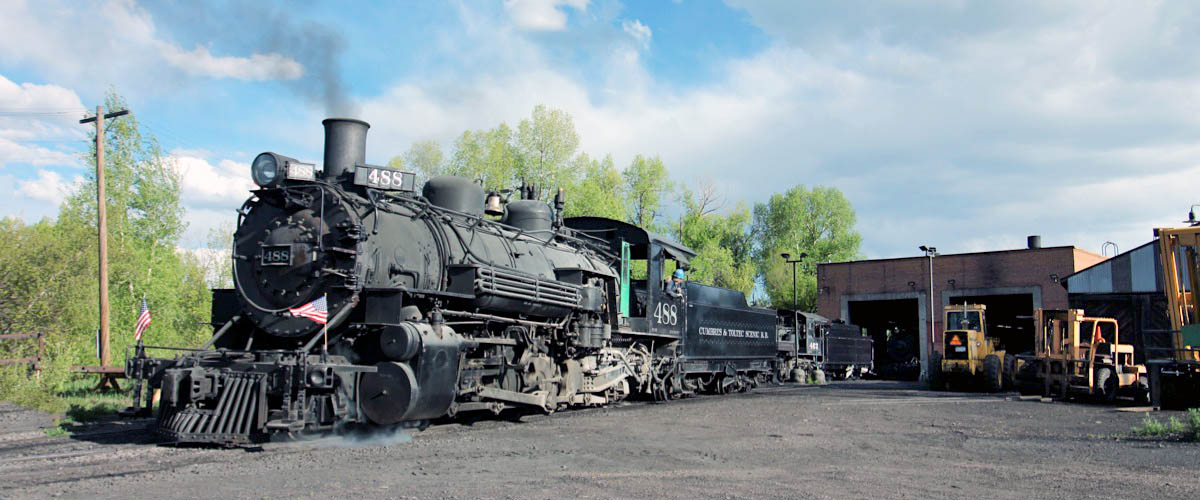
Chama, NM / May 2023 / RWH
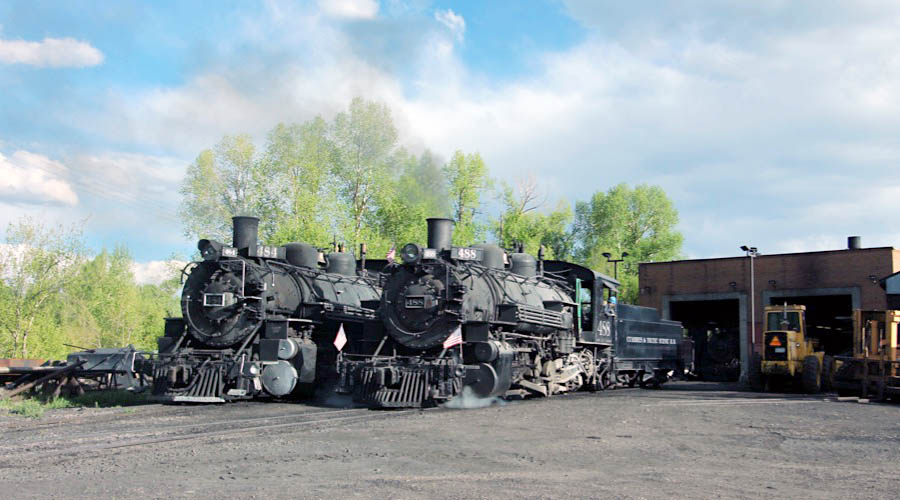
Chama, NM / May 2023 / RWH
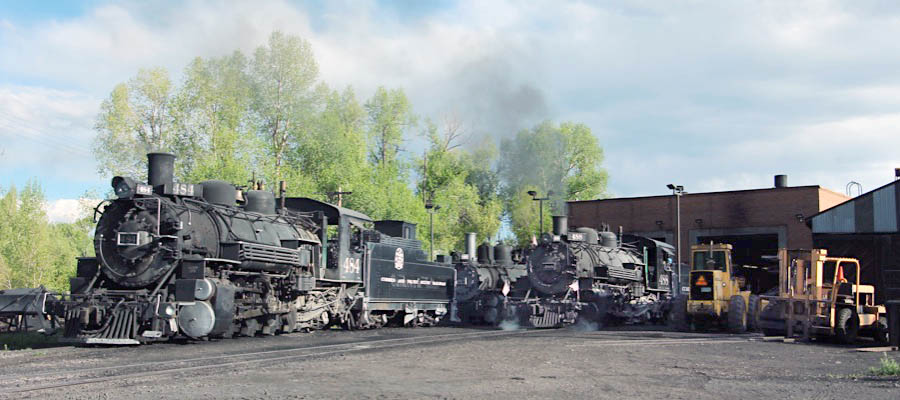
Chama, NM / May 2023 / RWH
